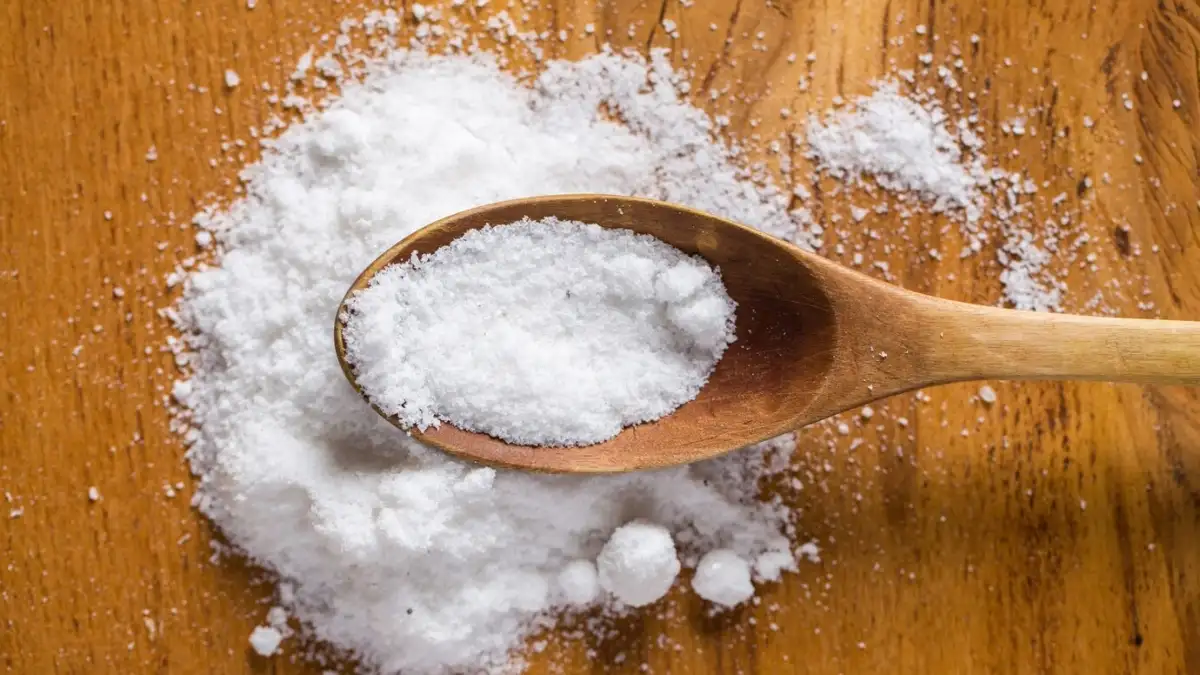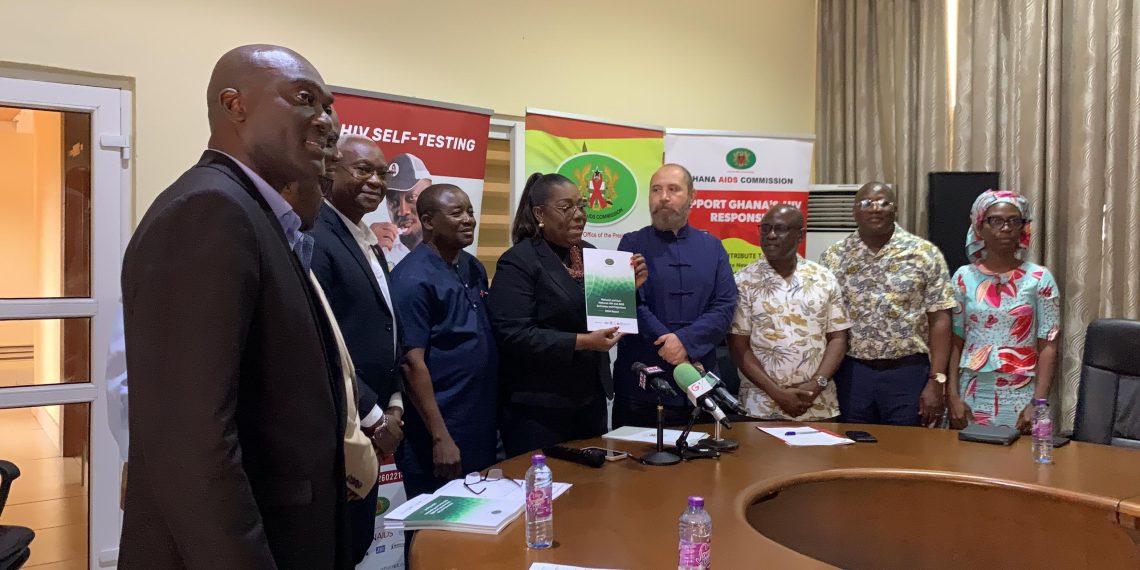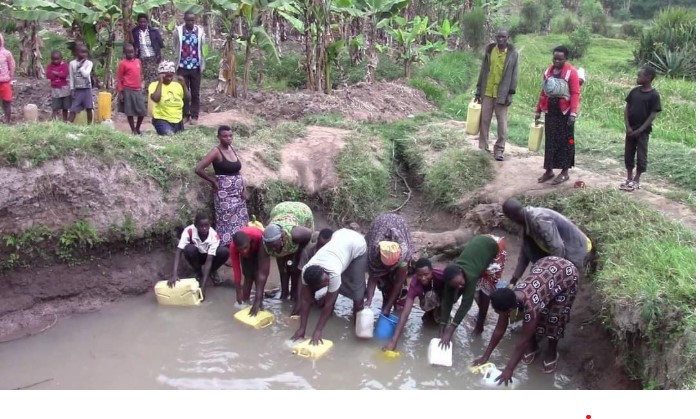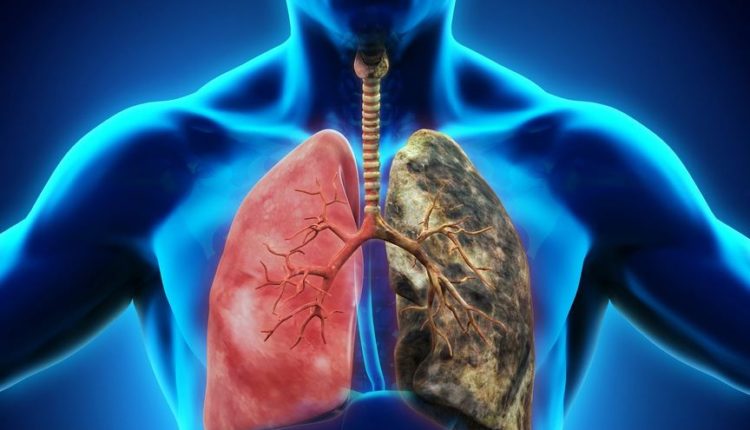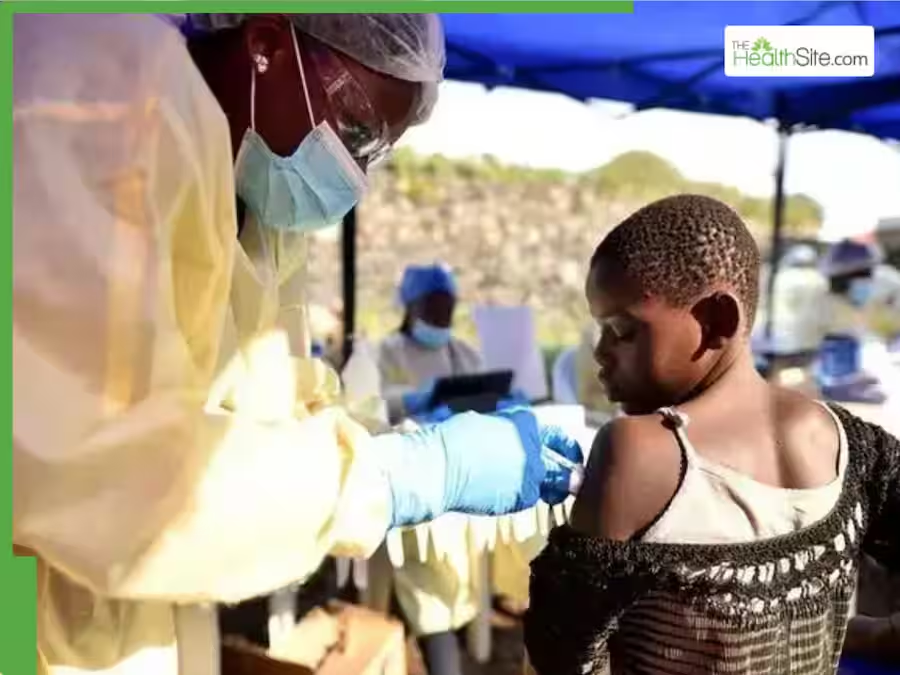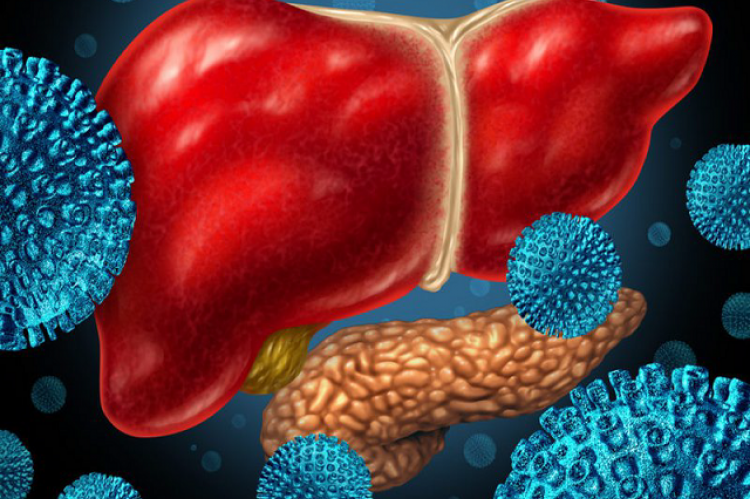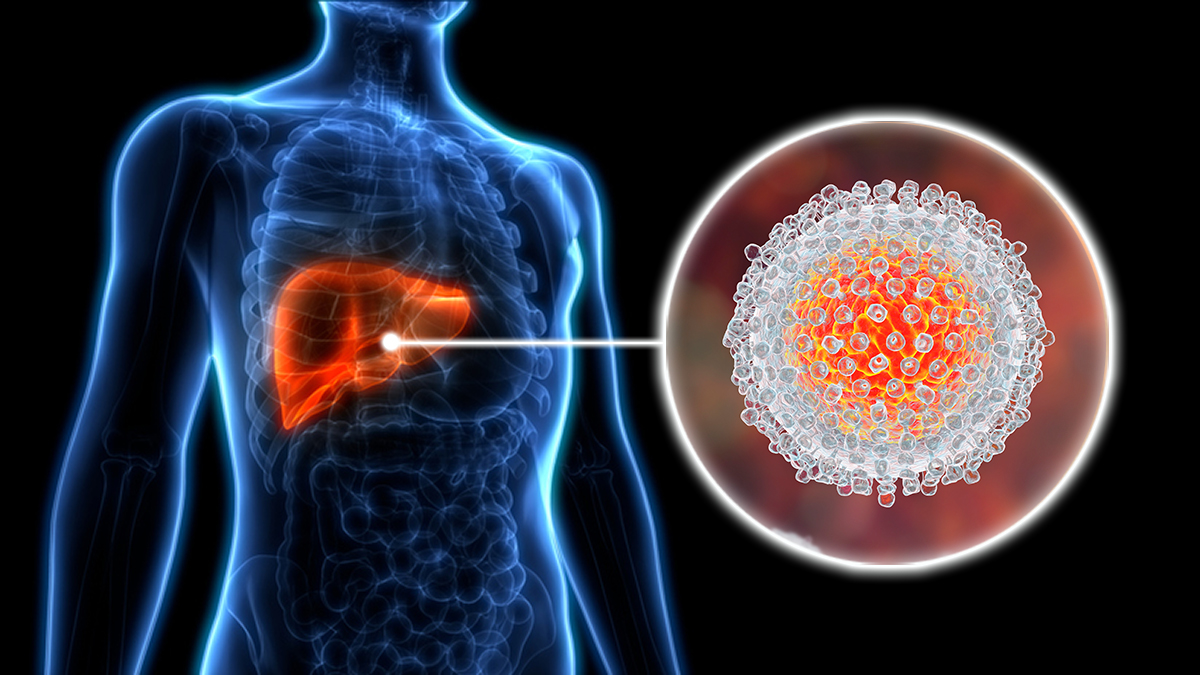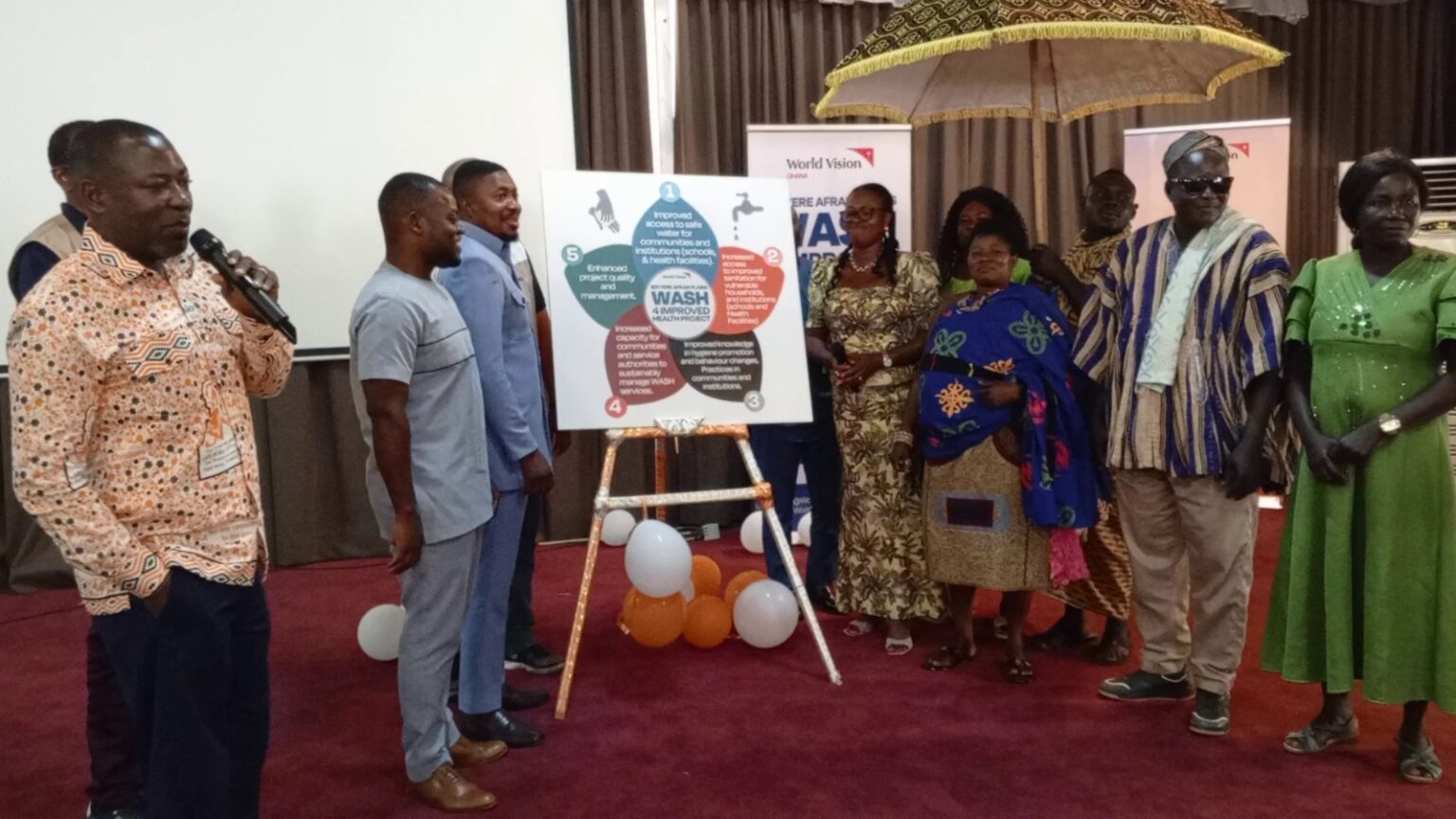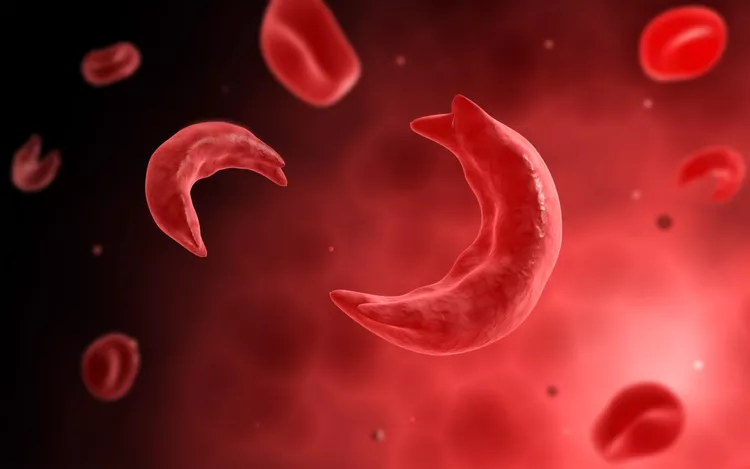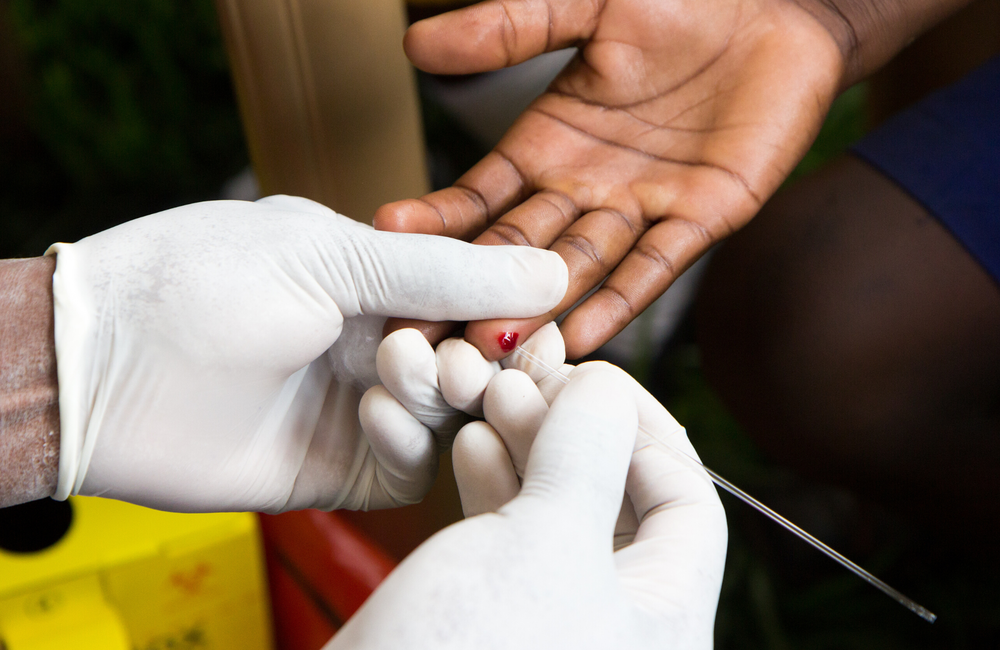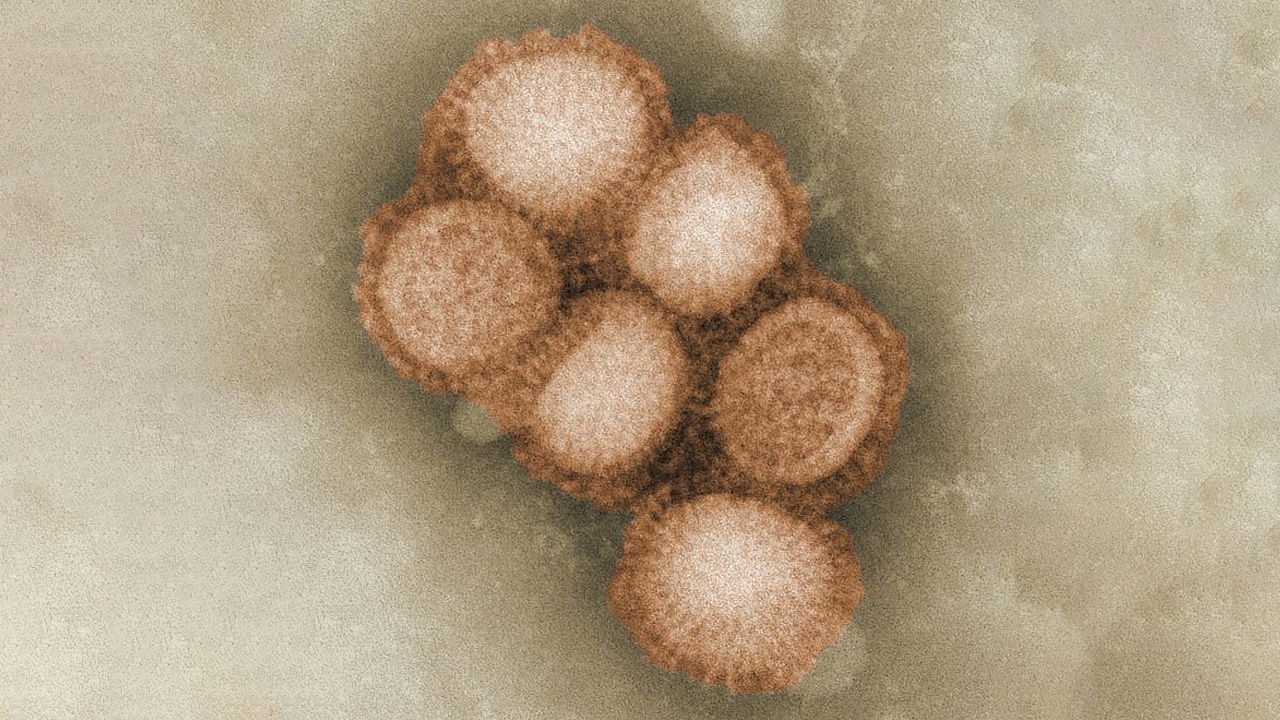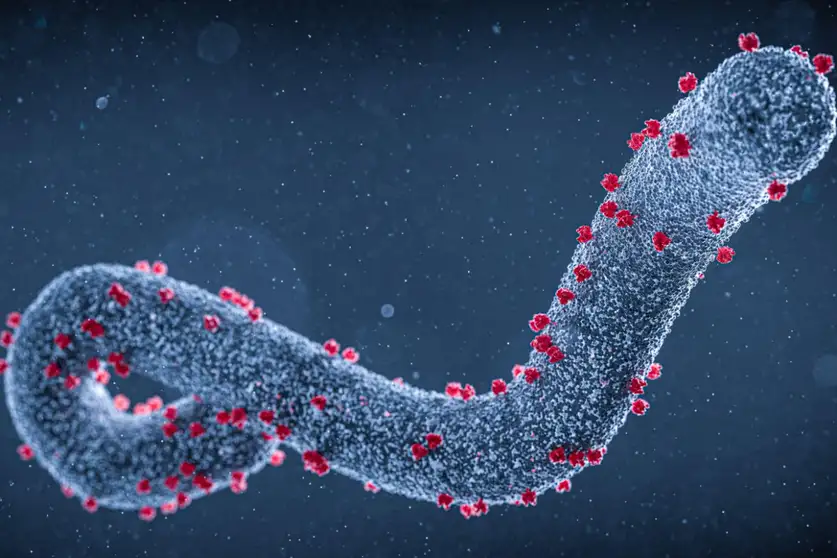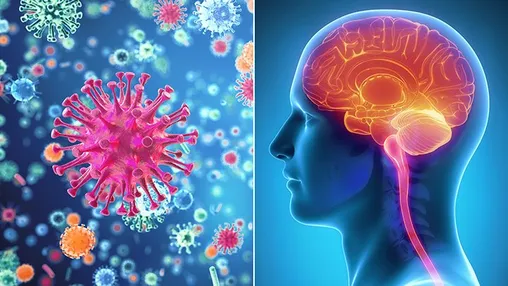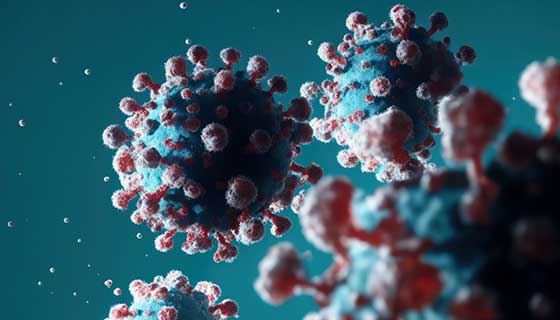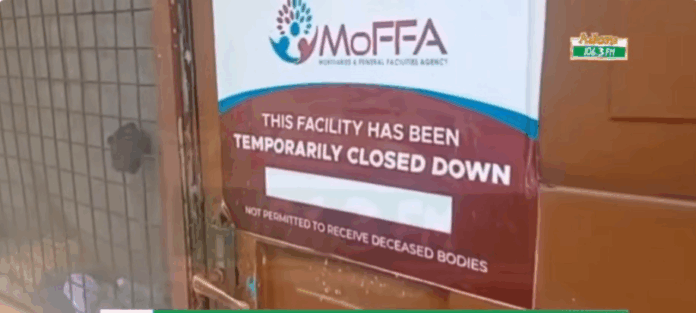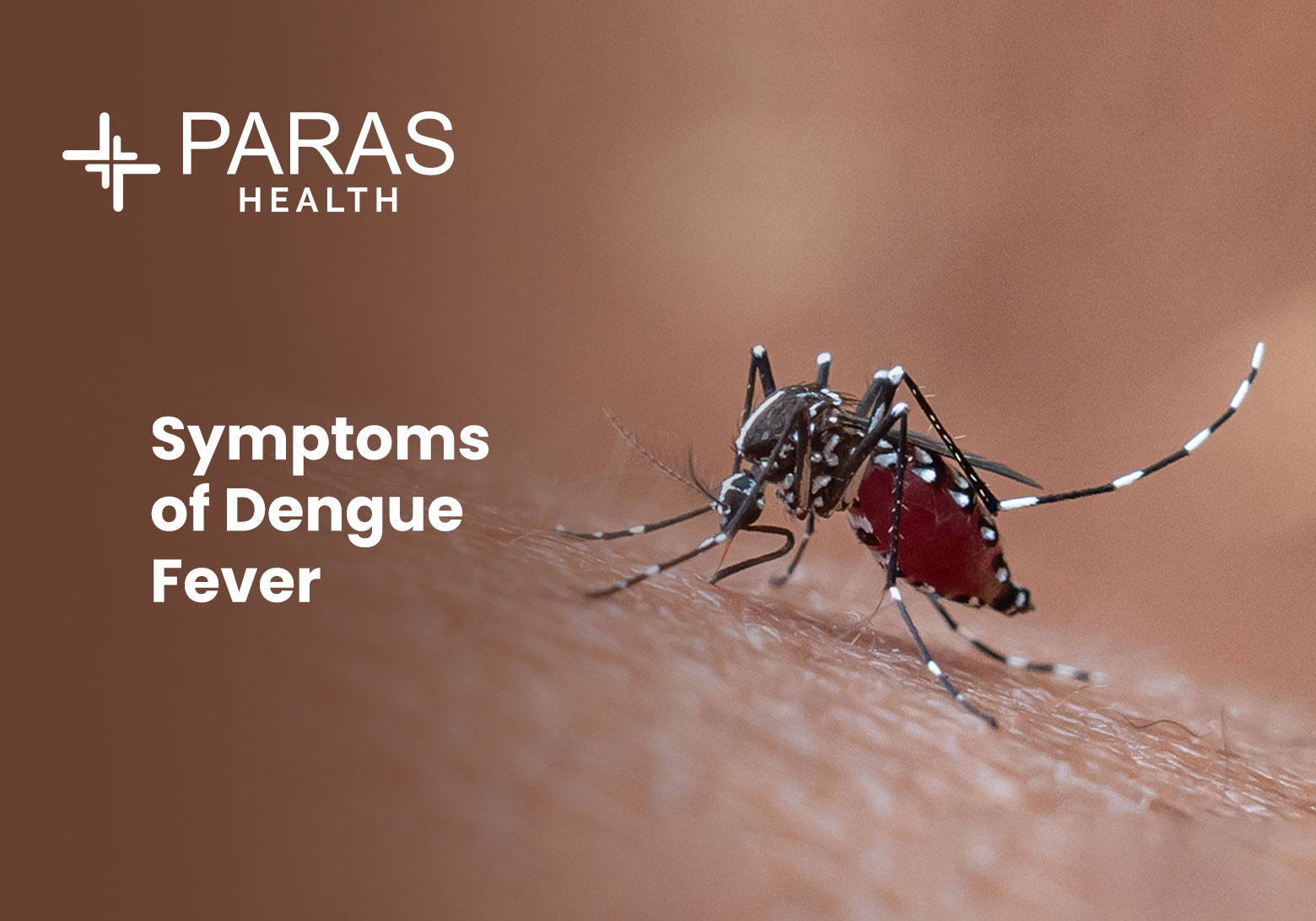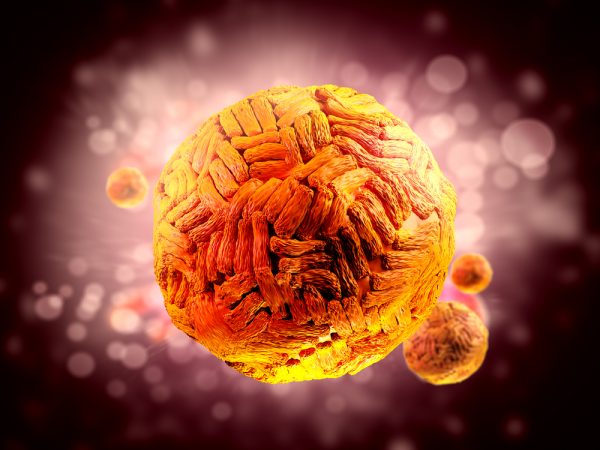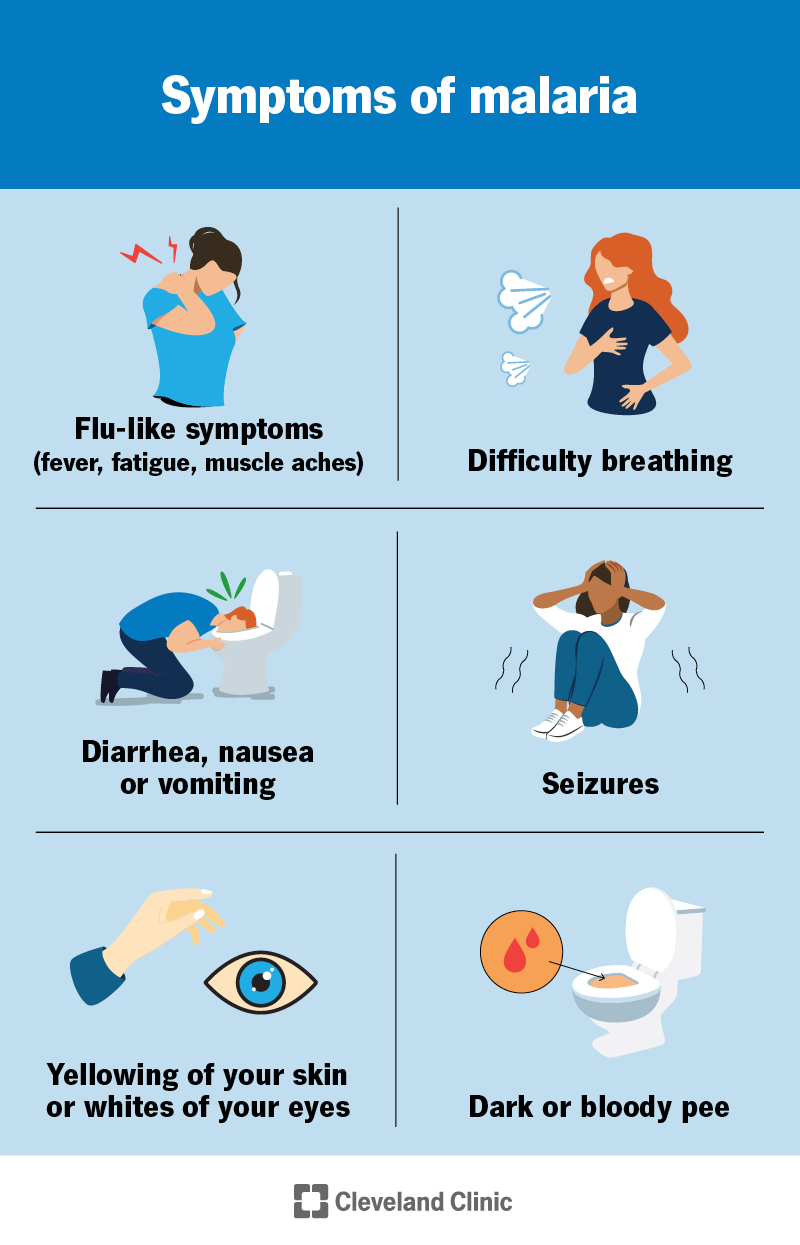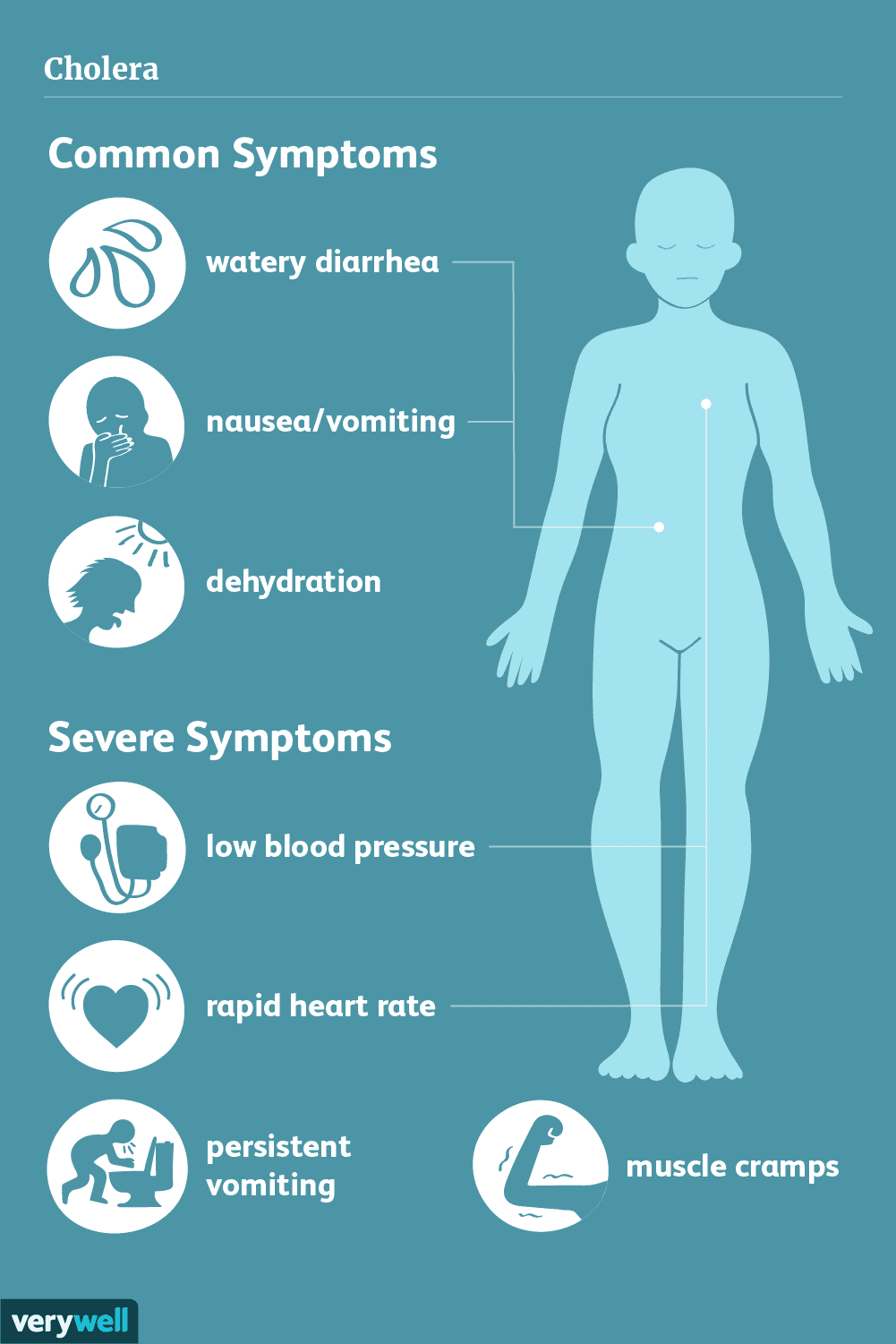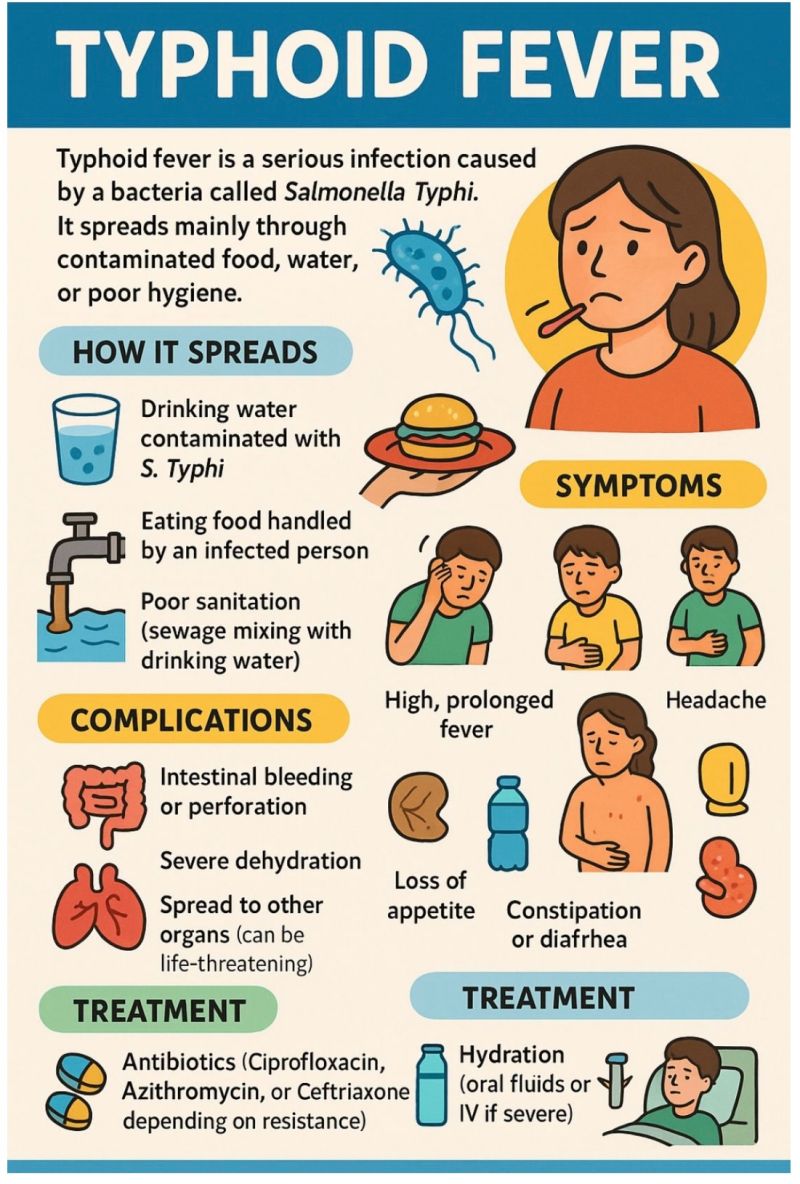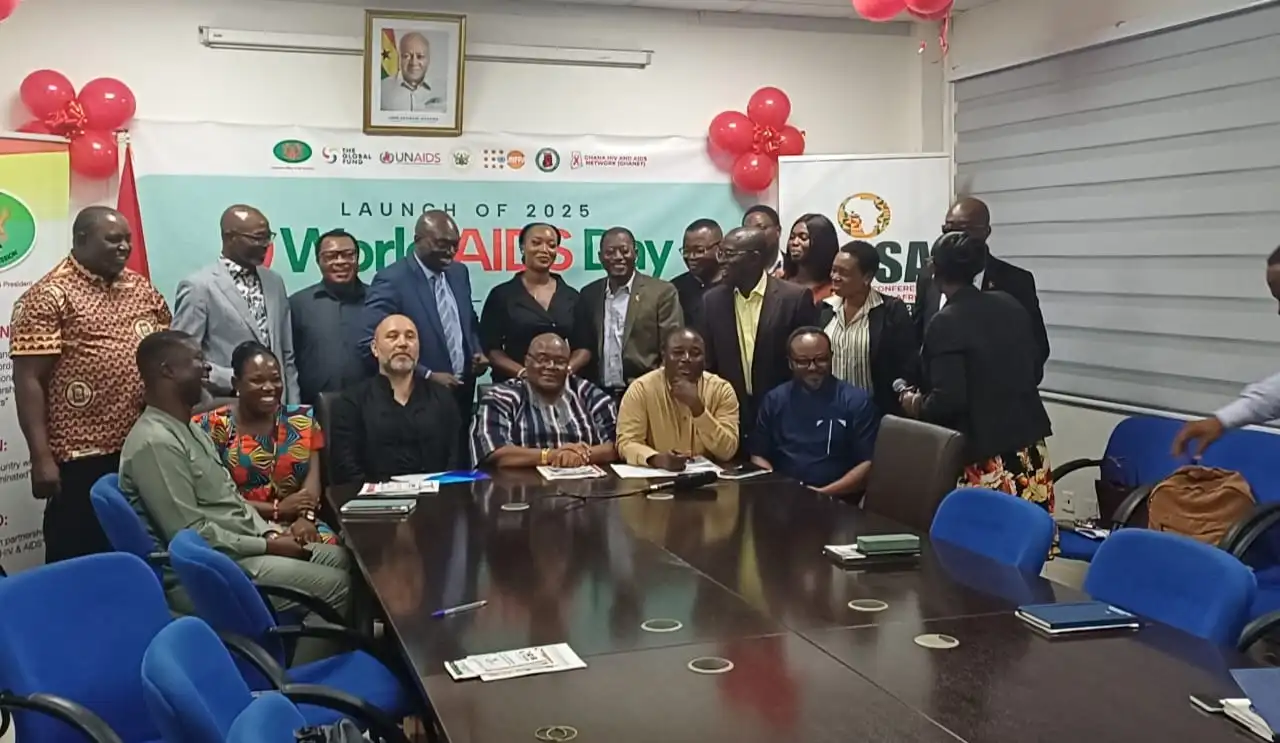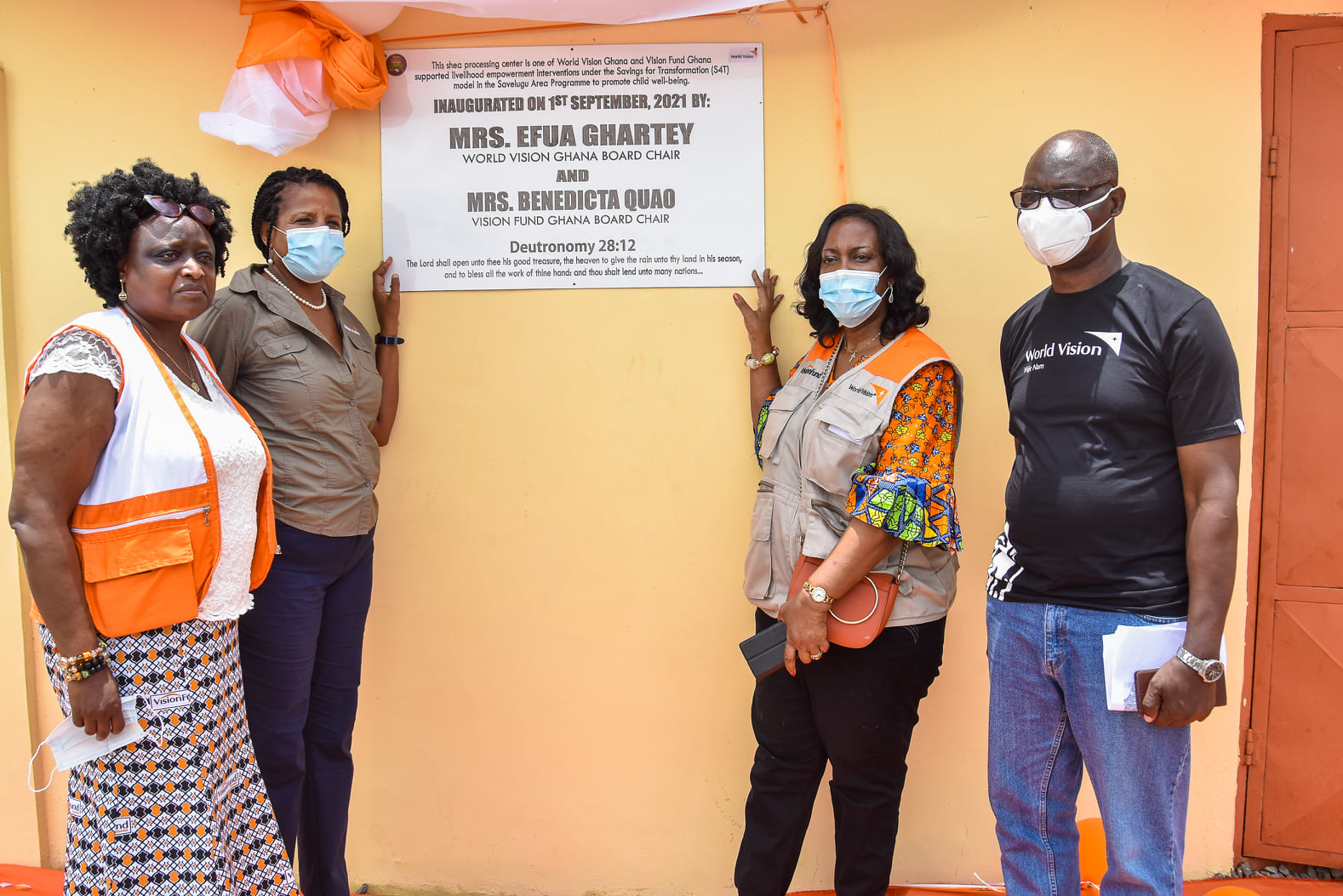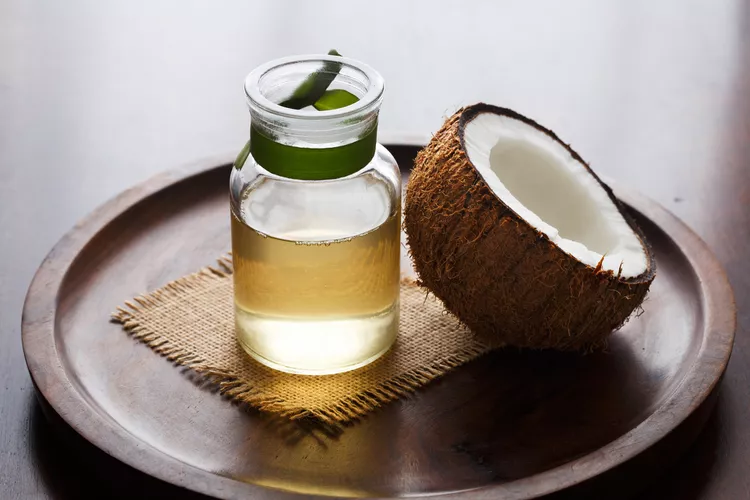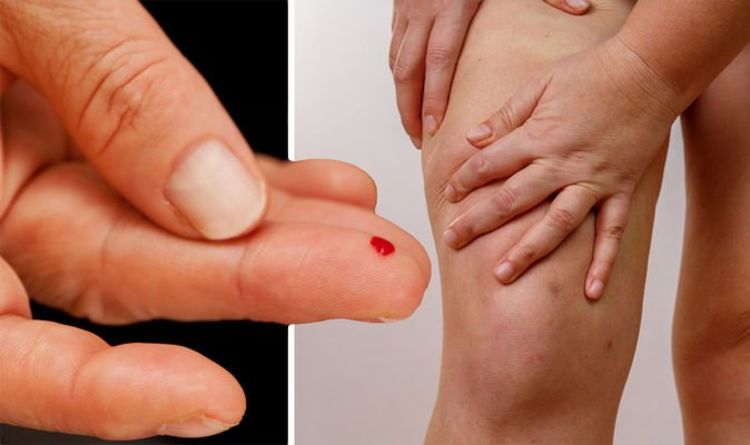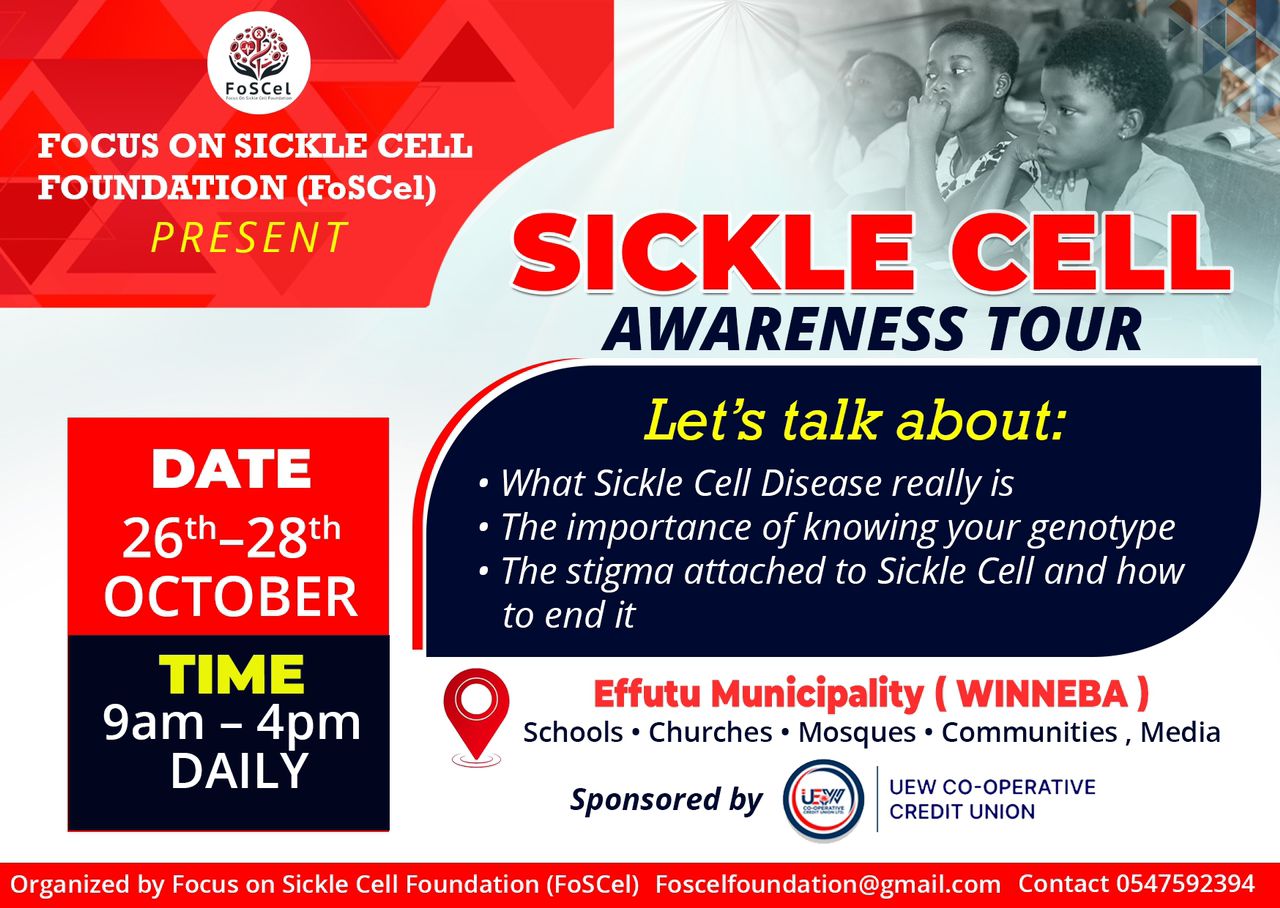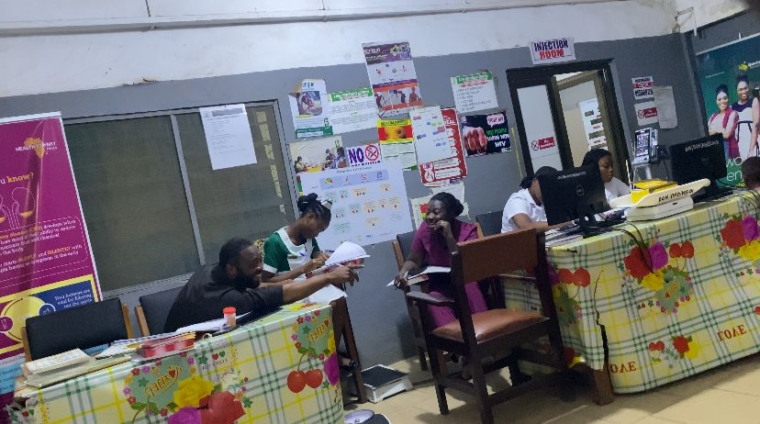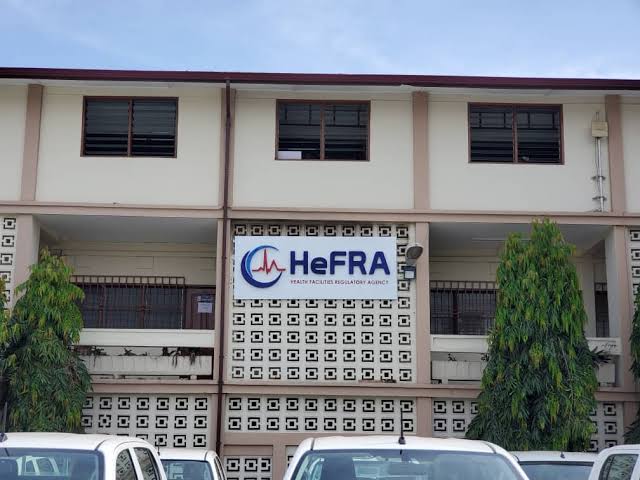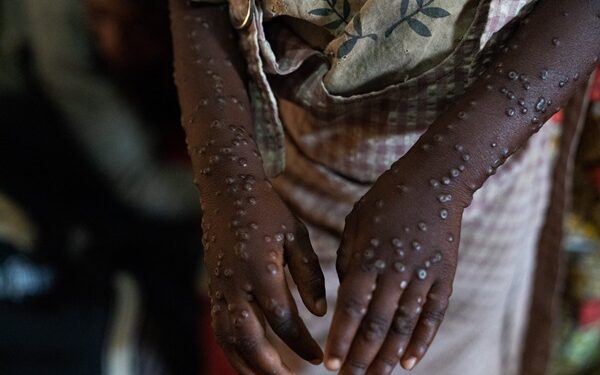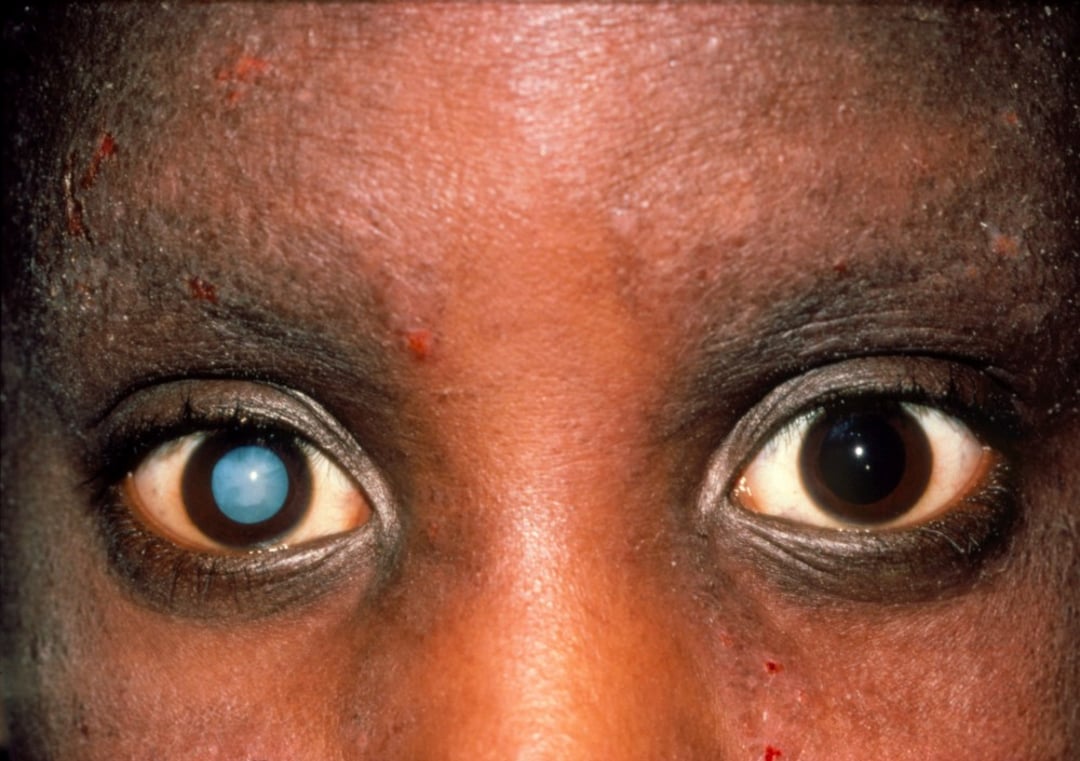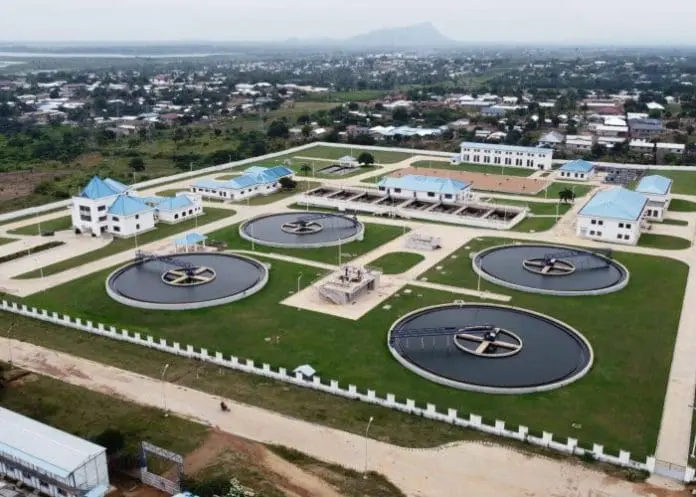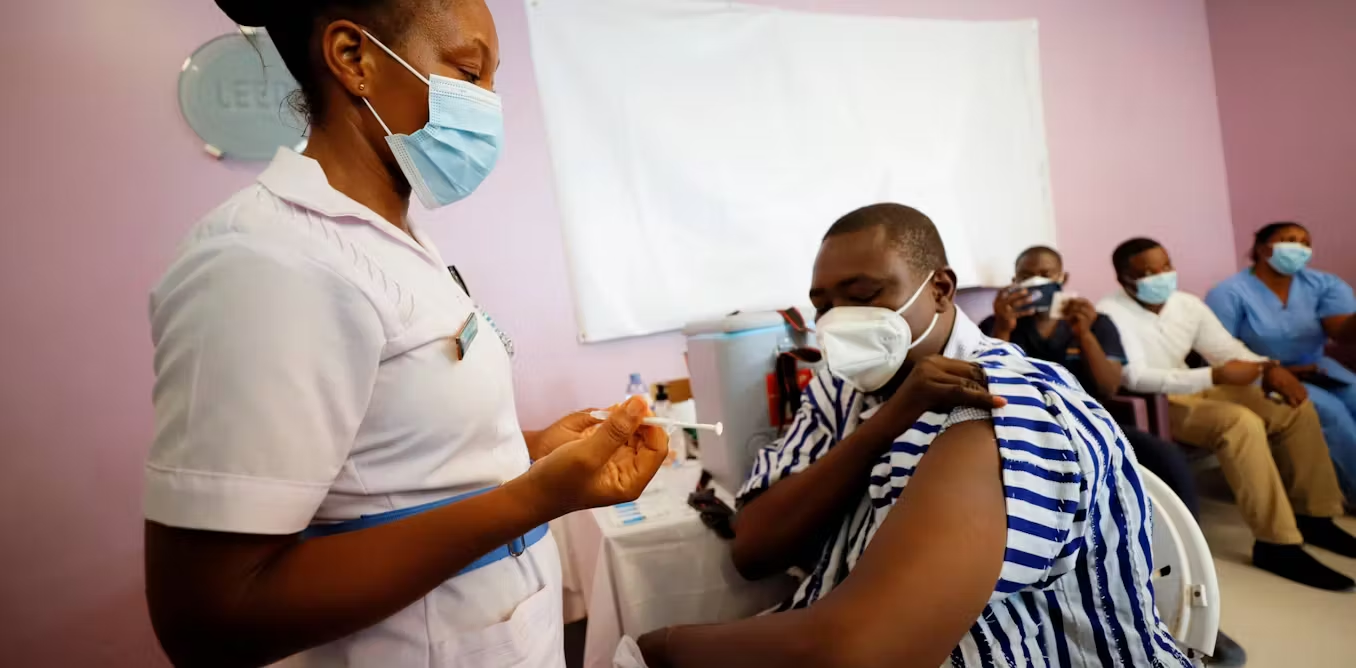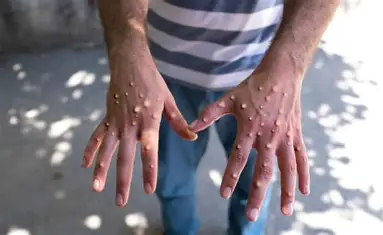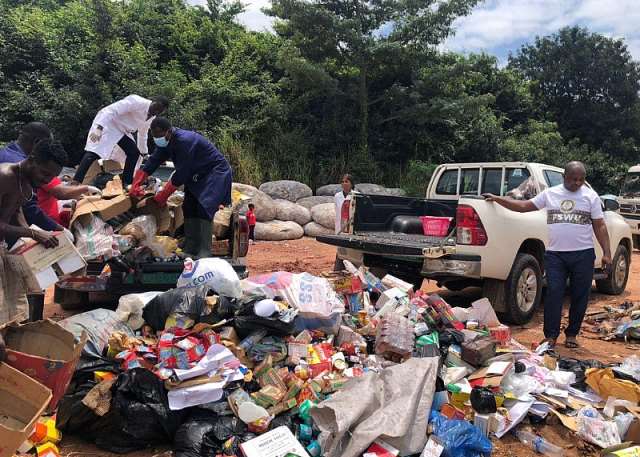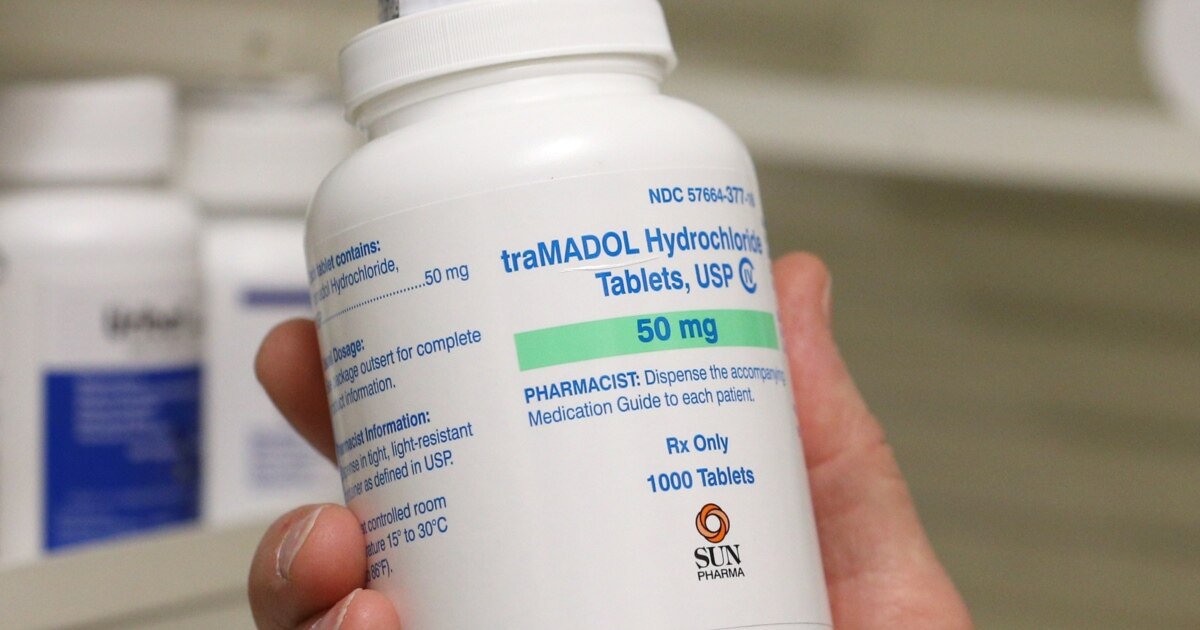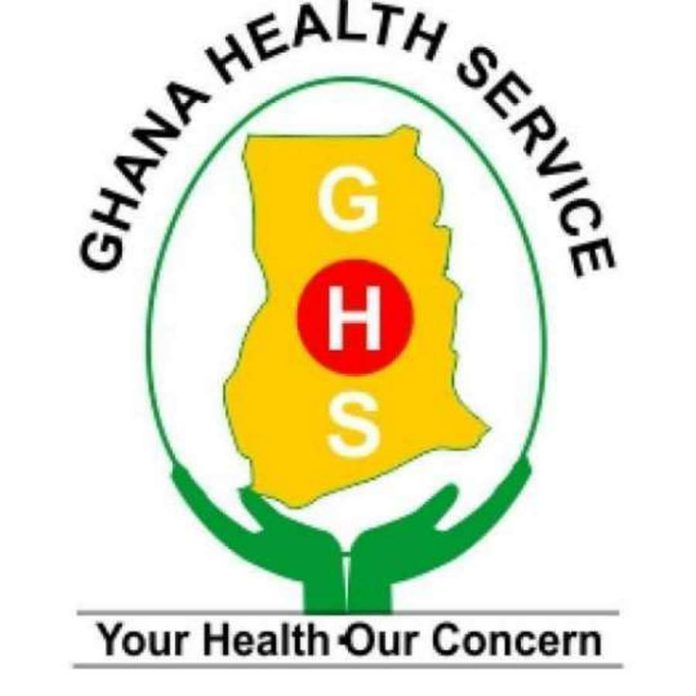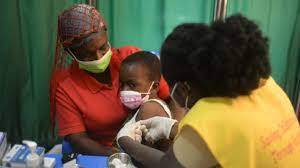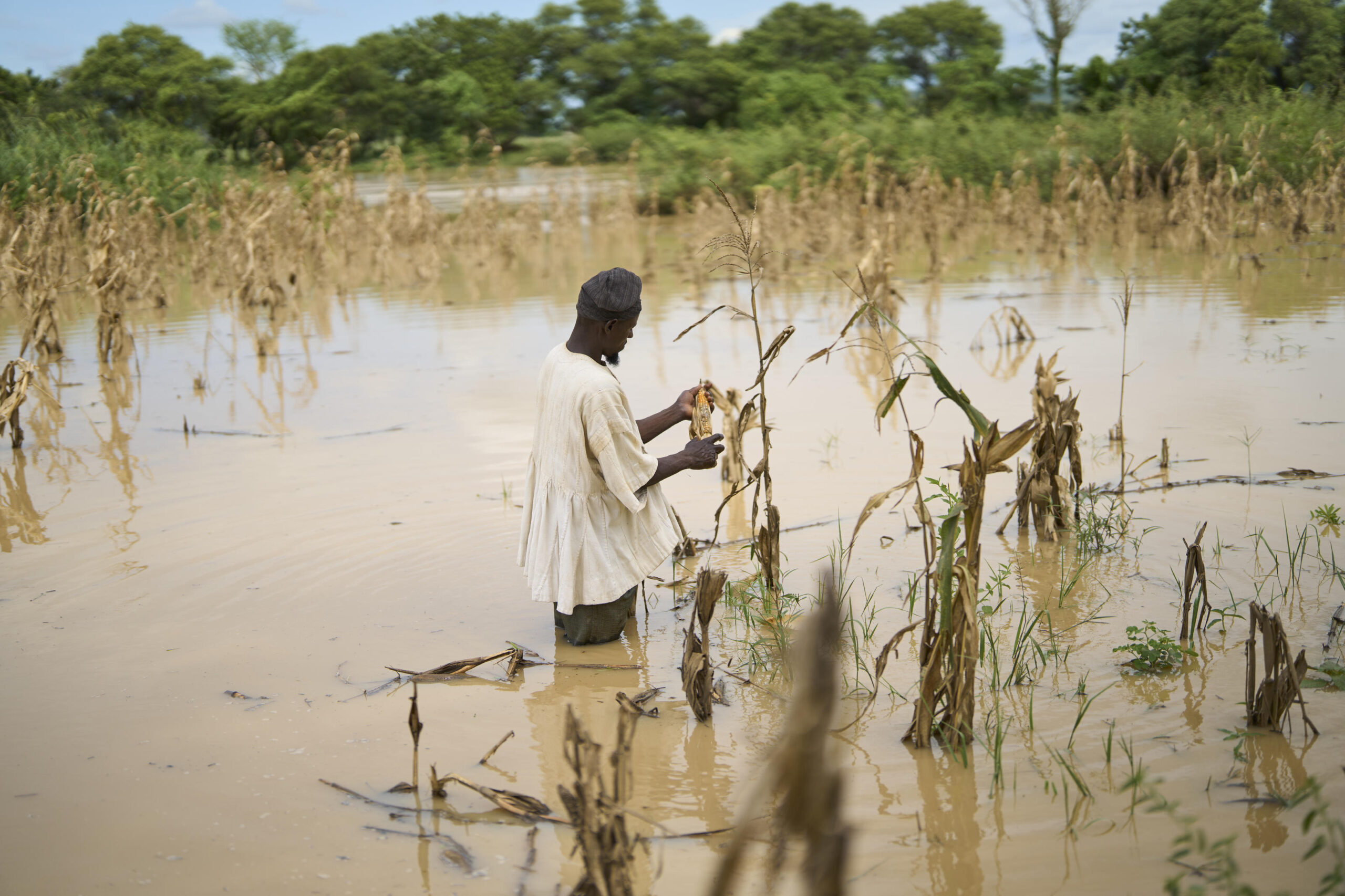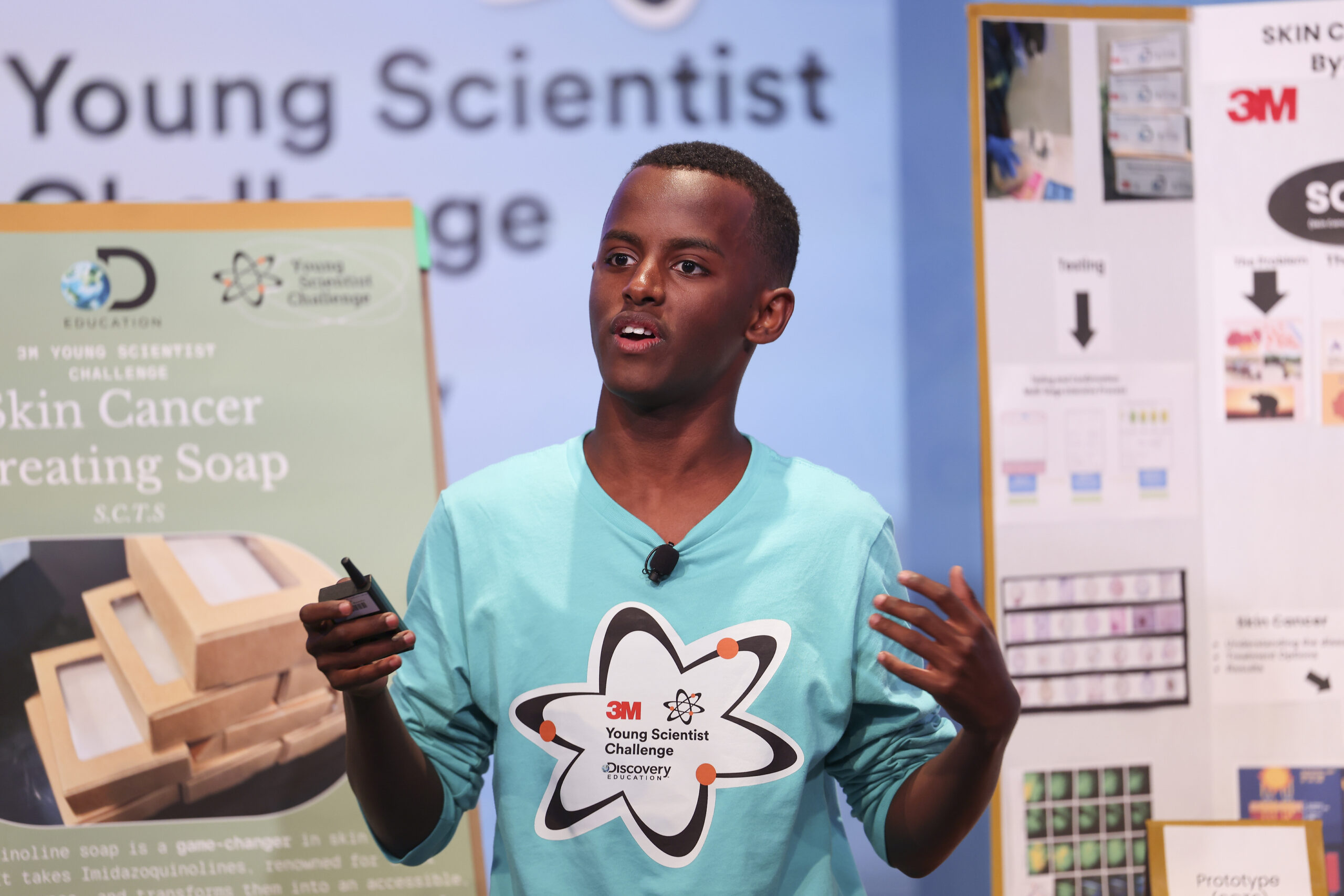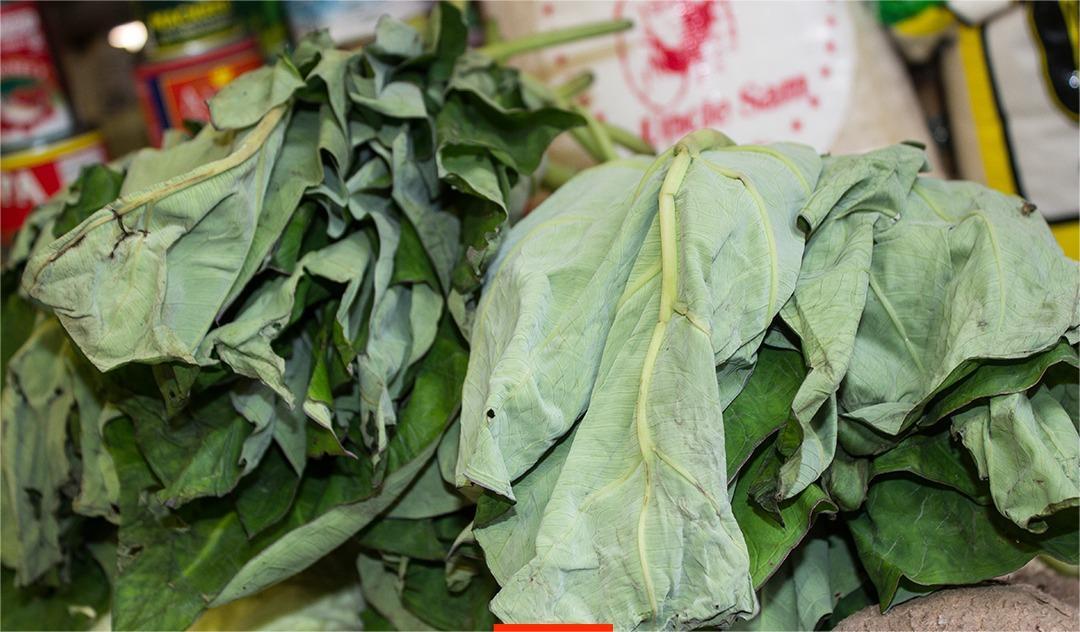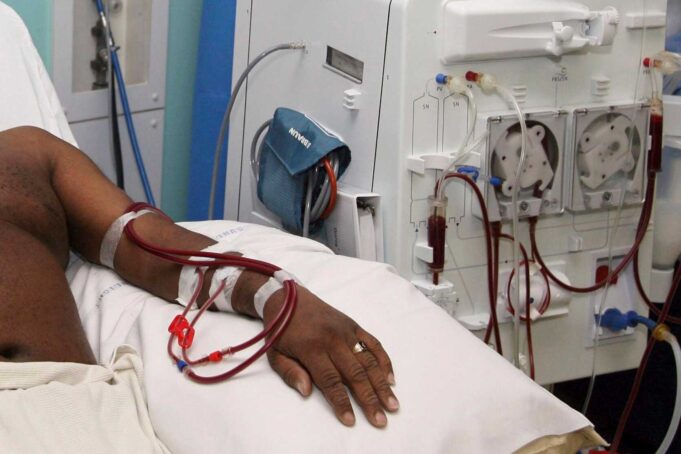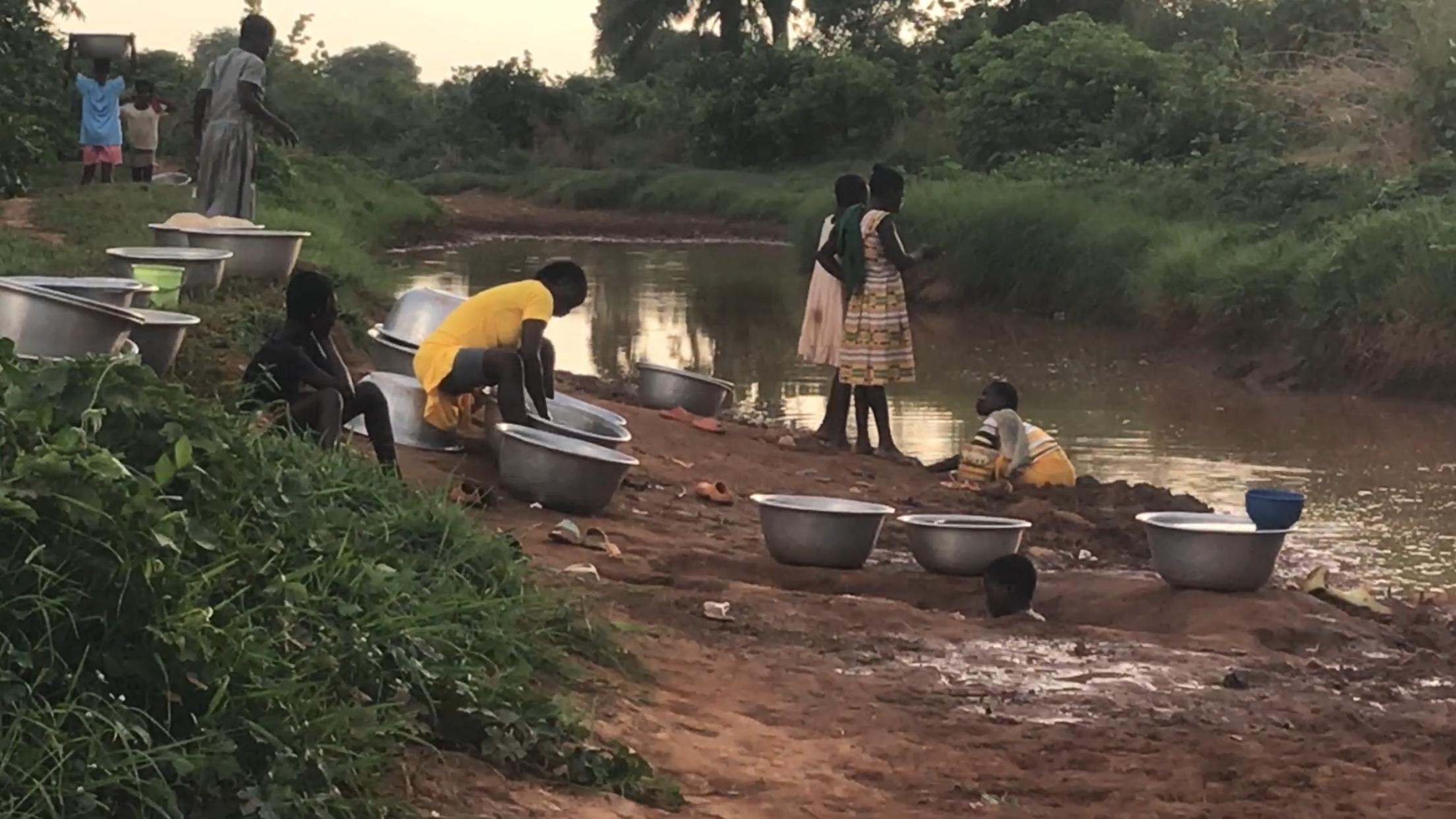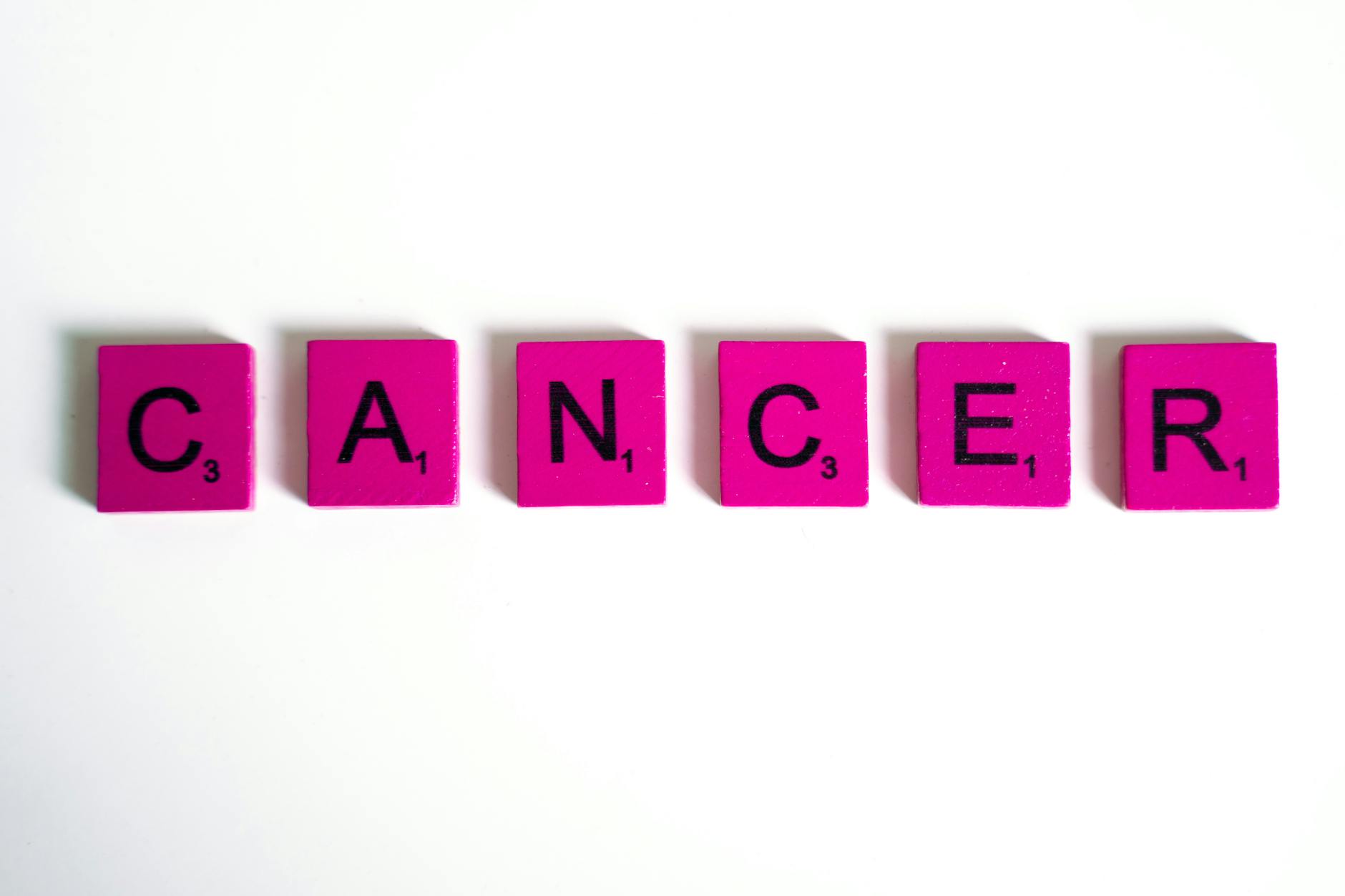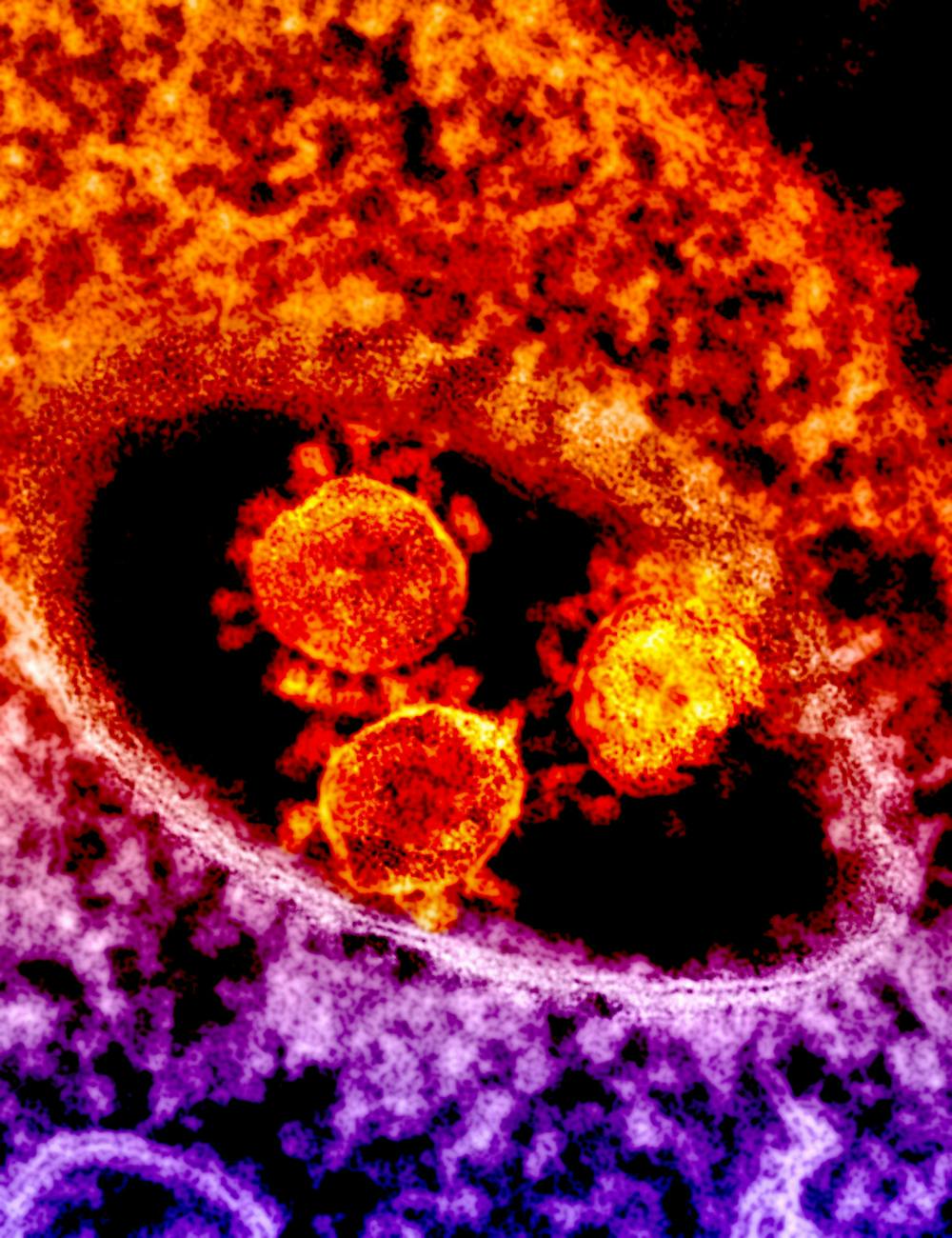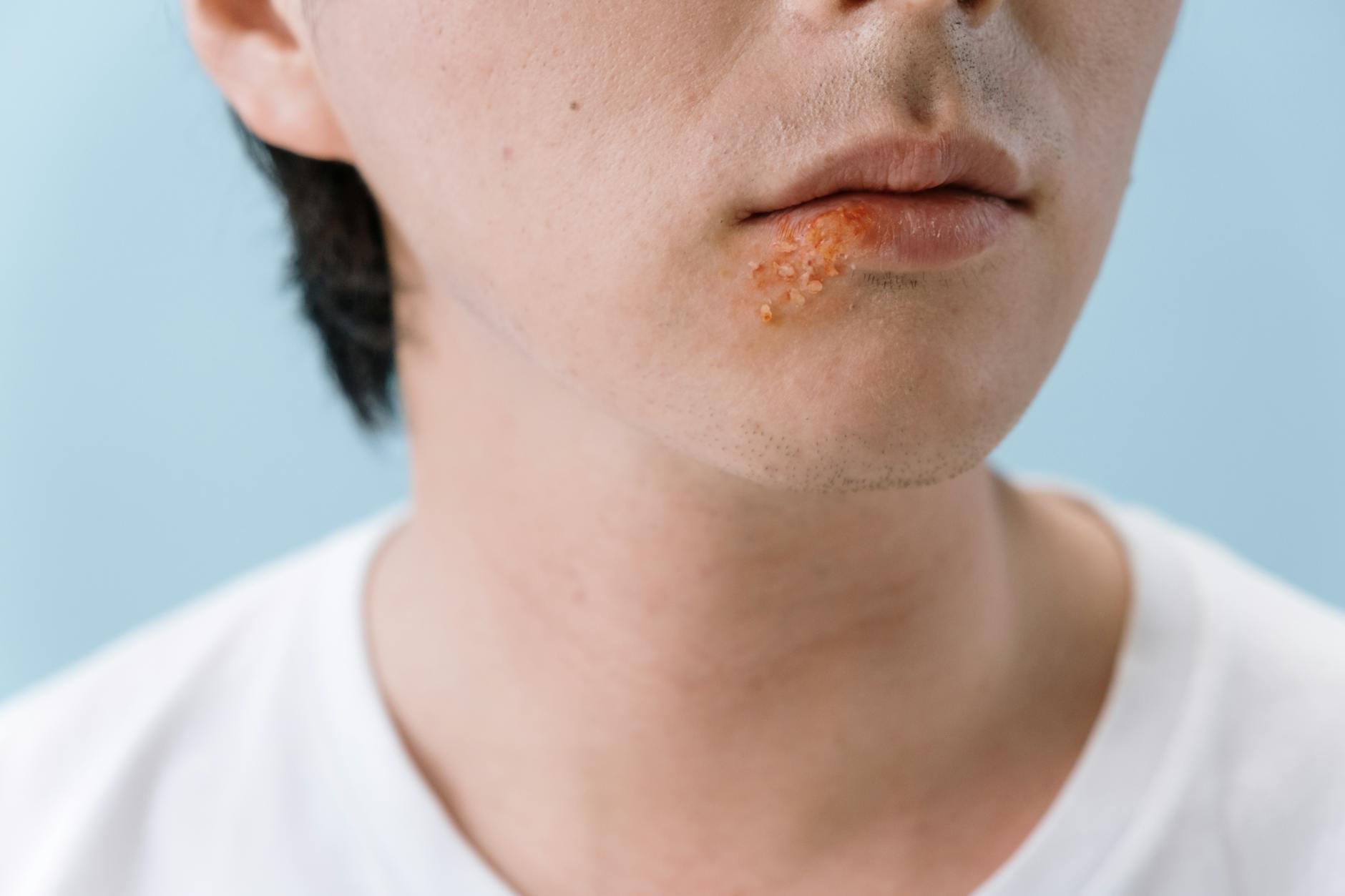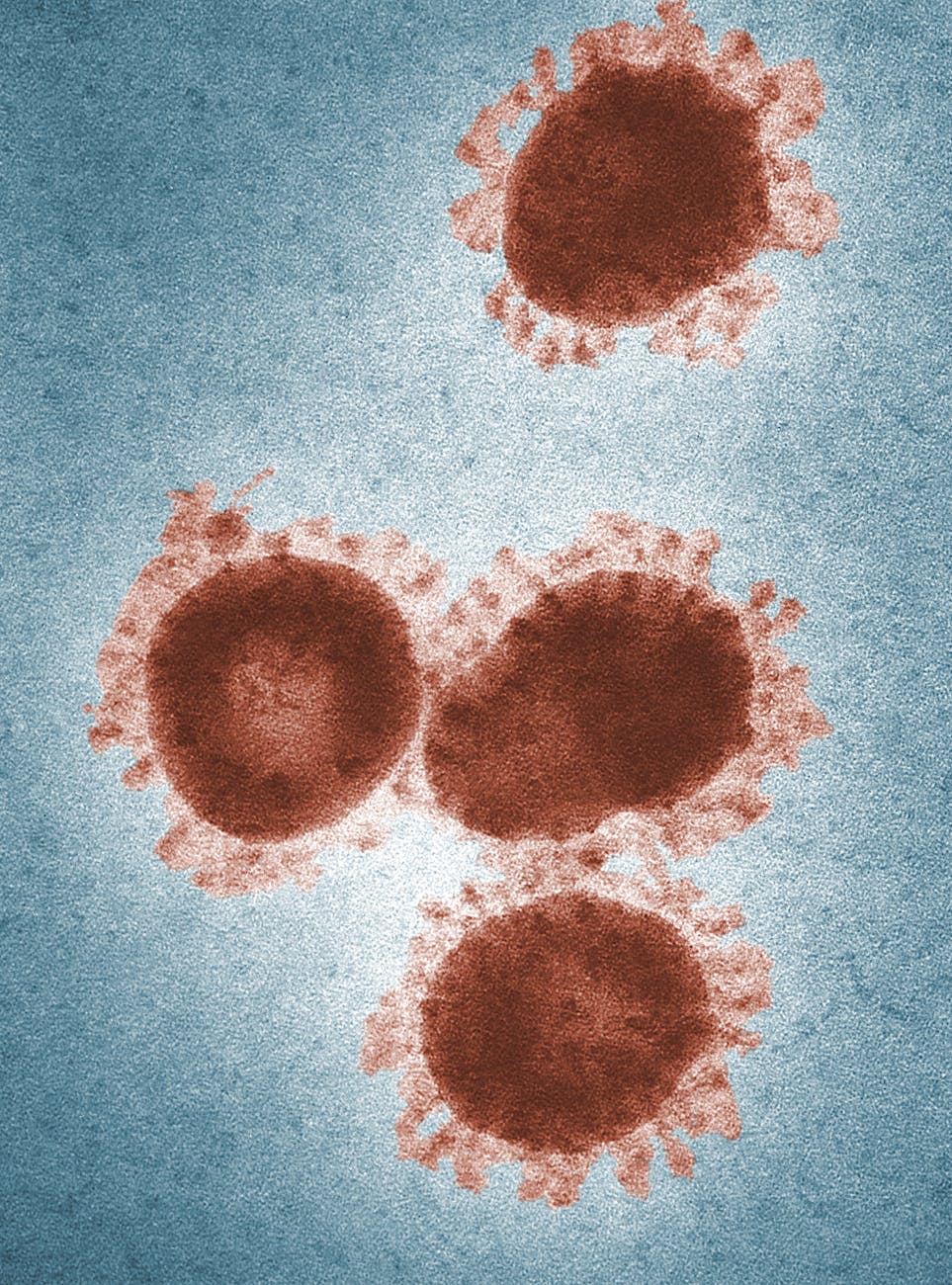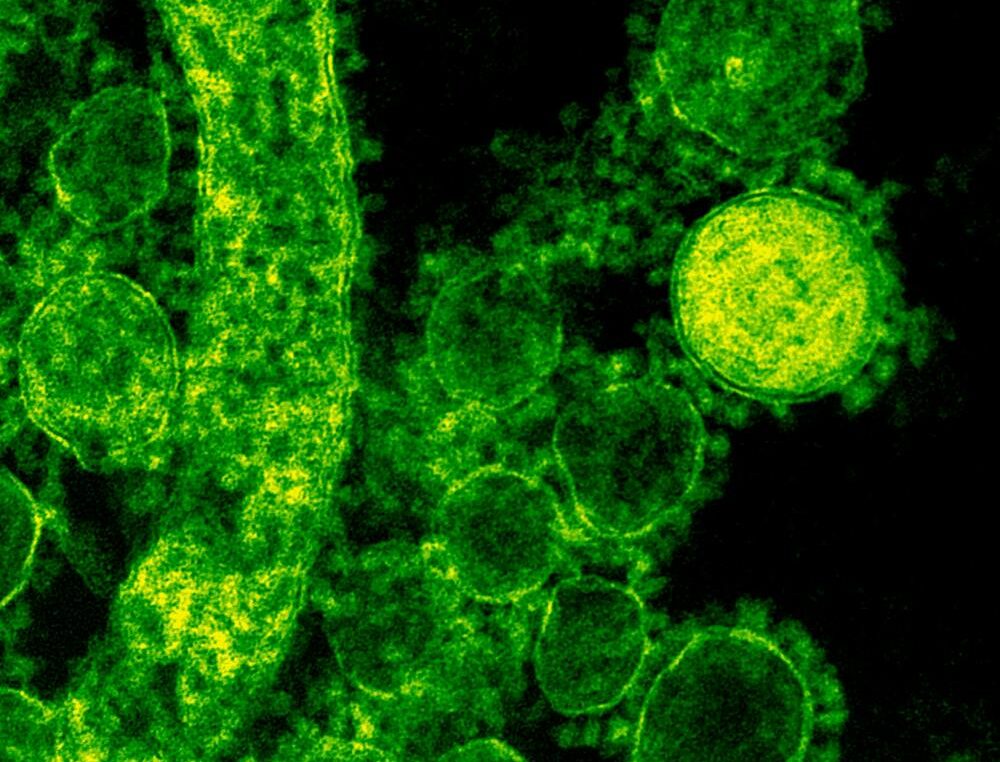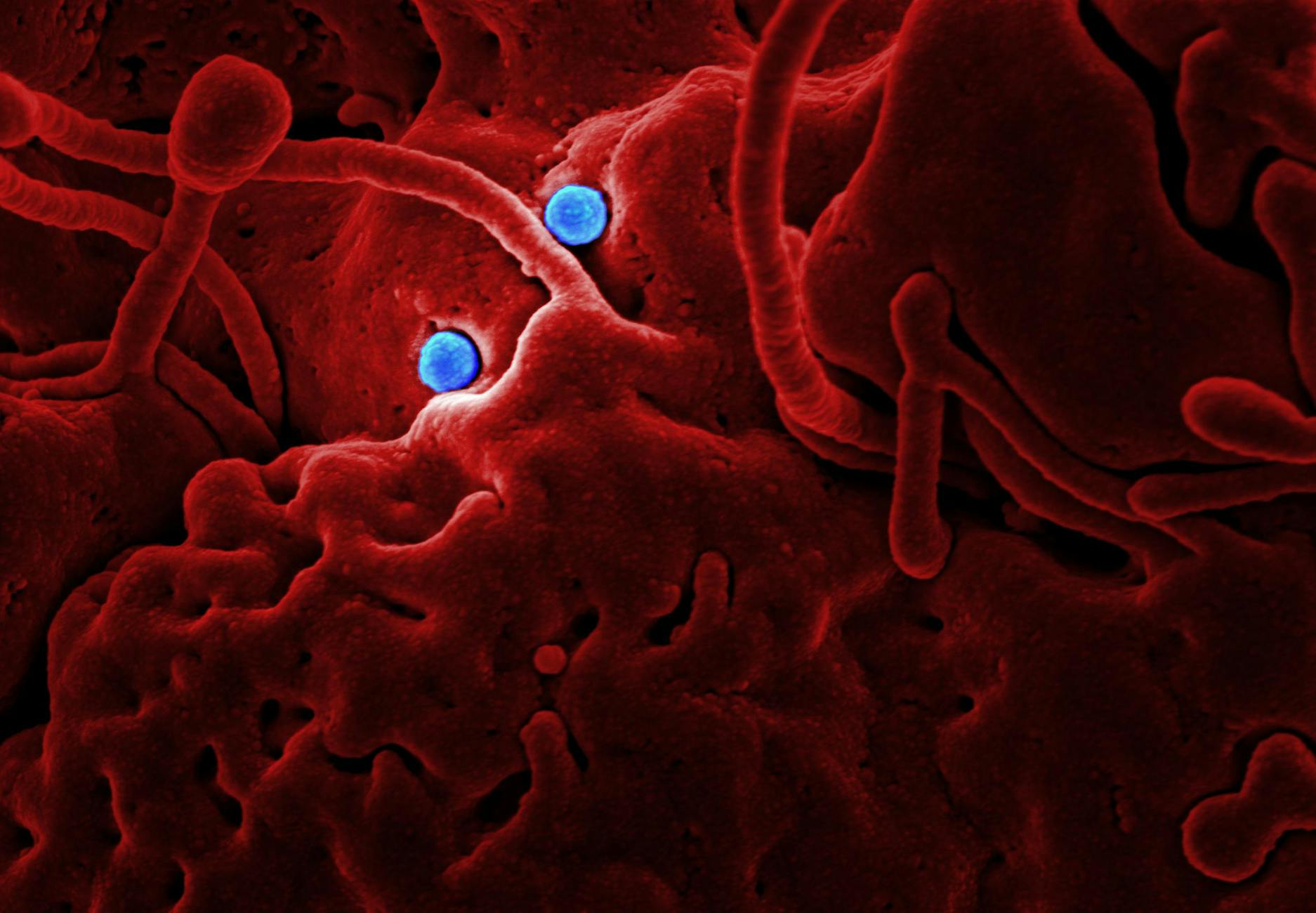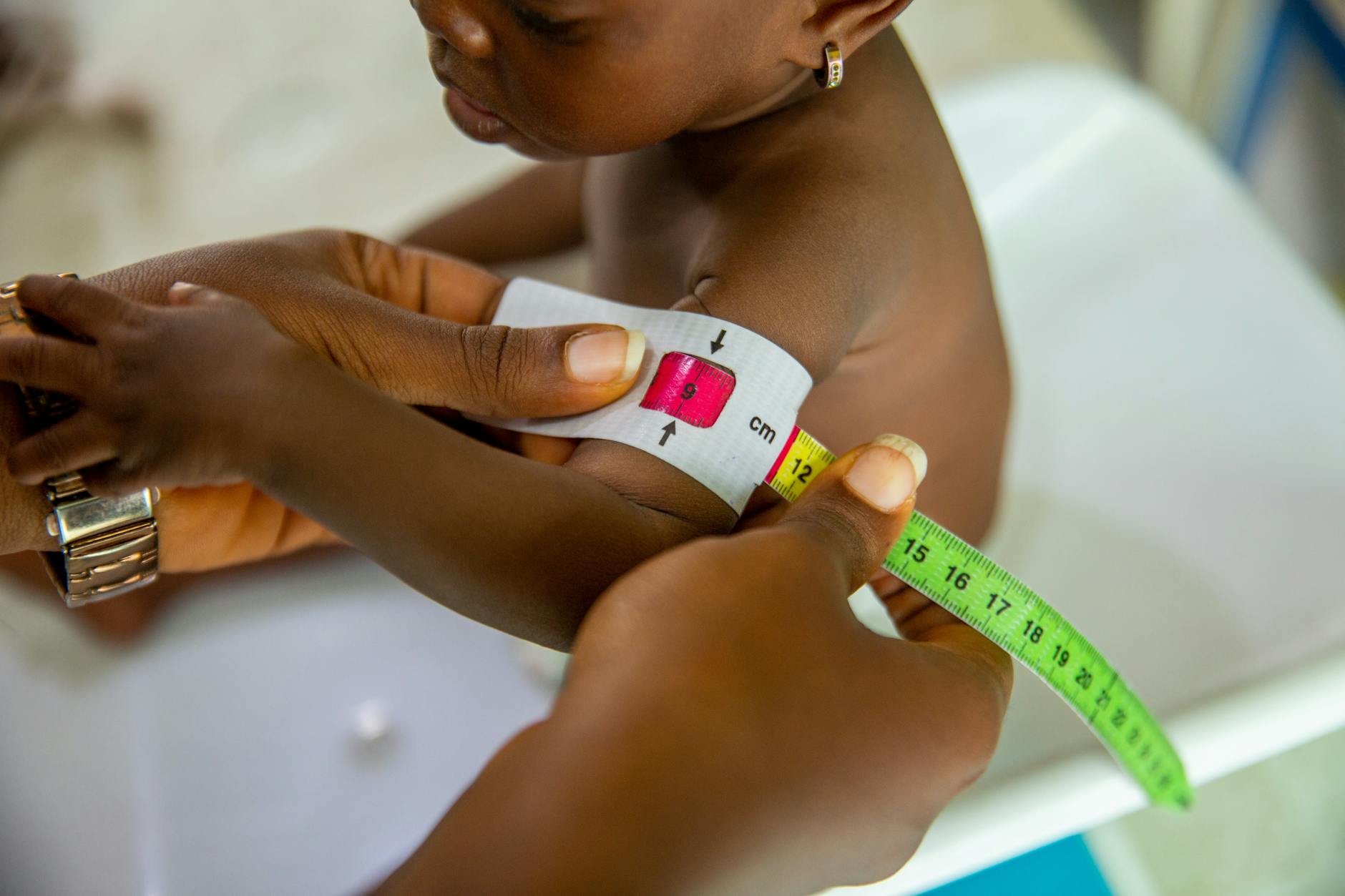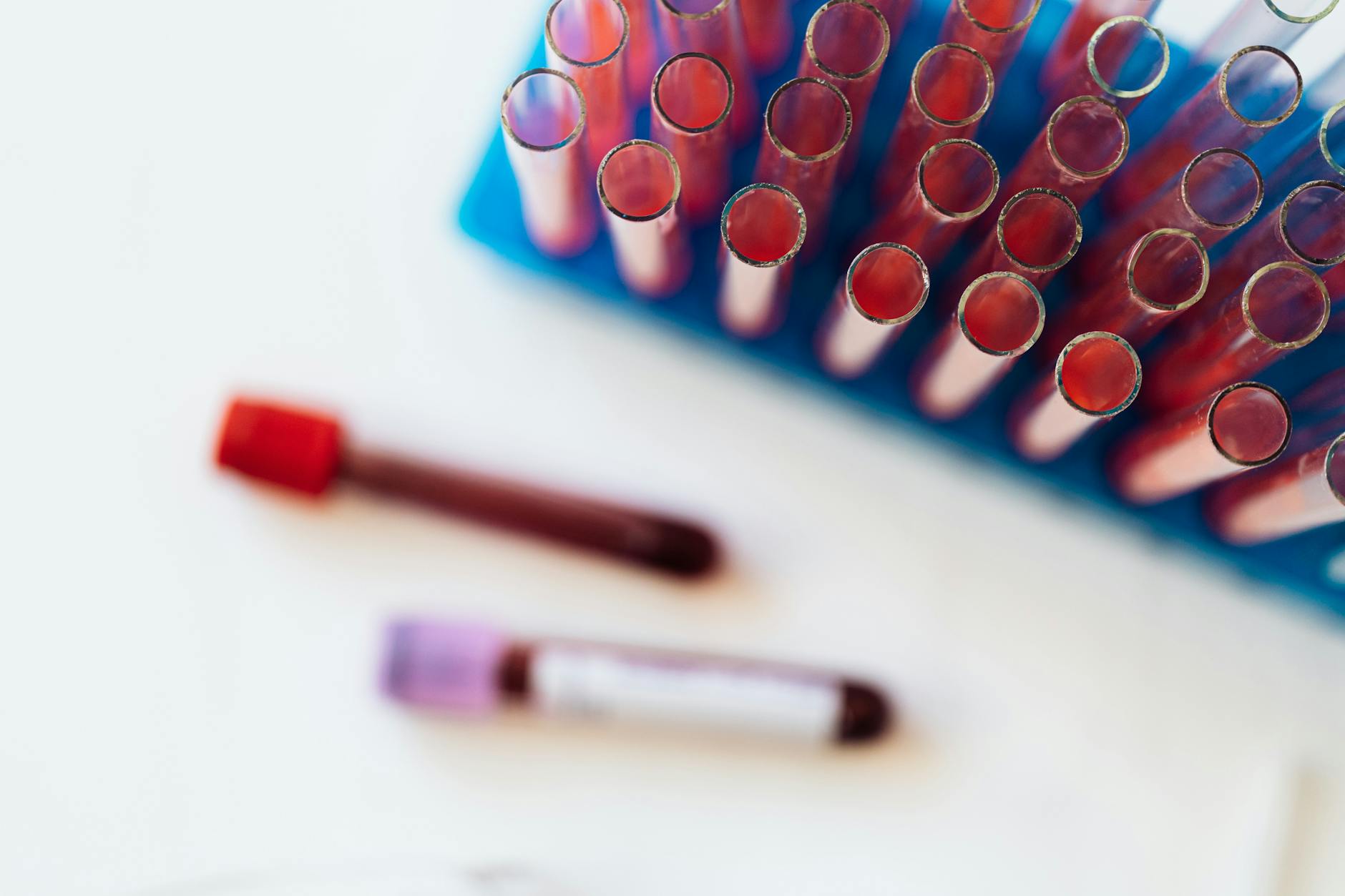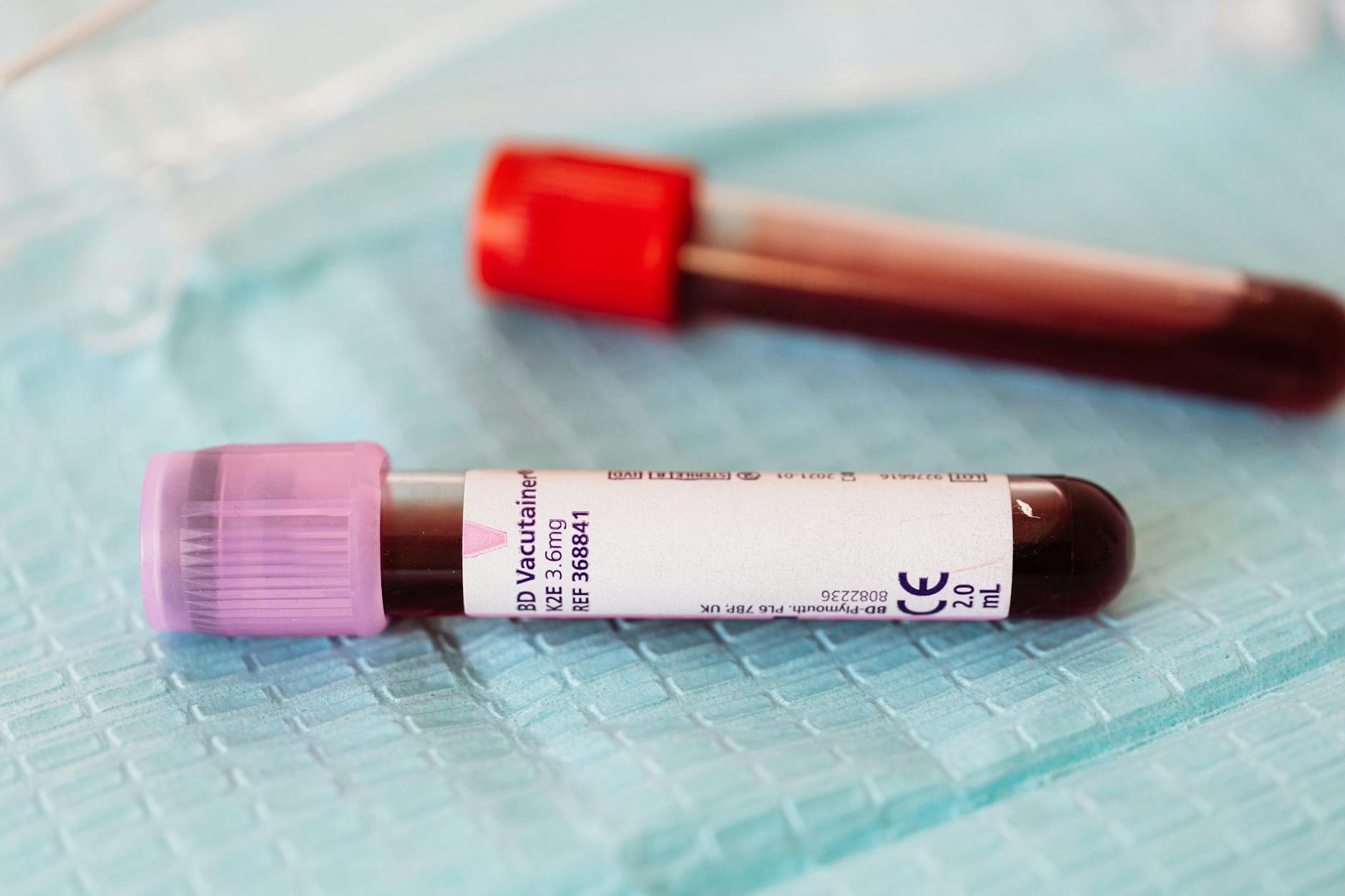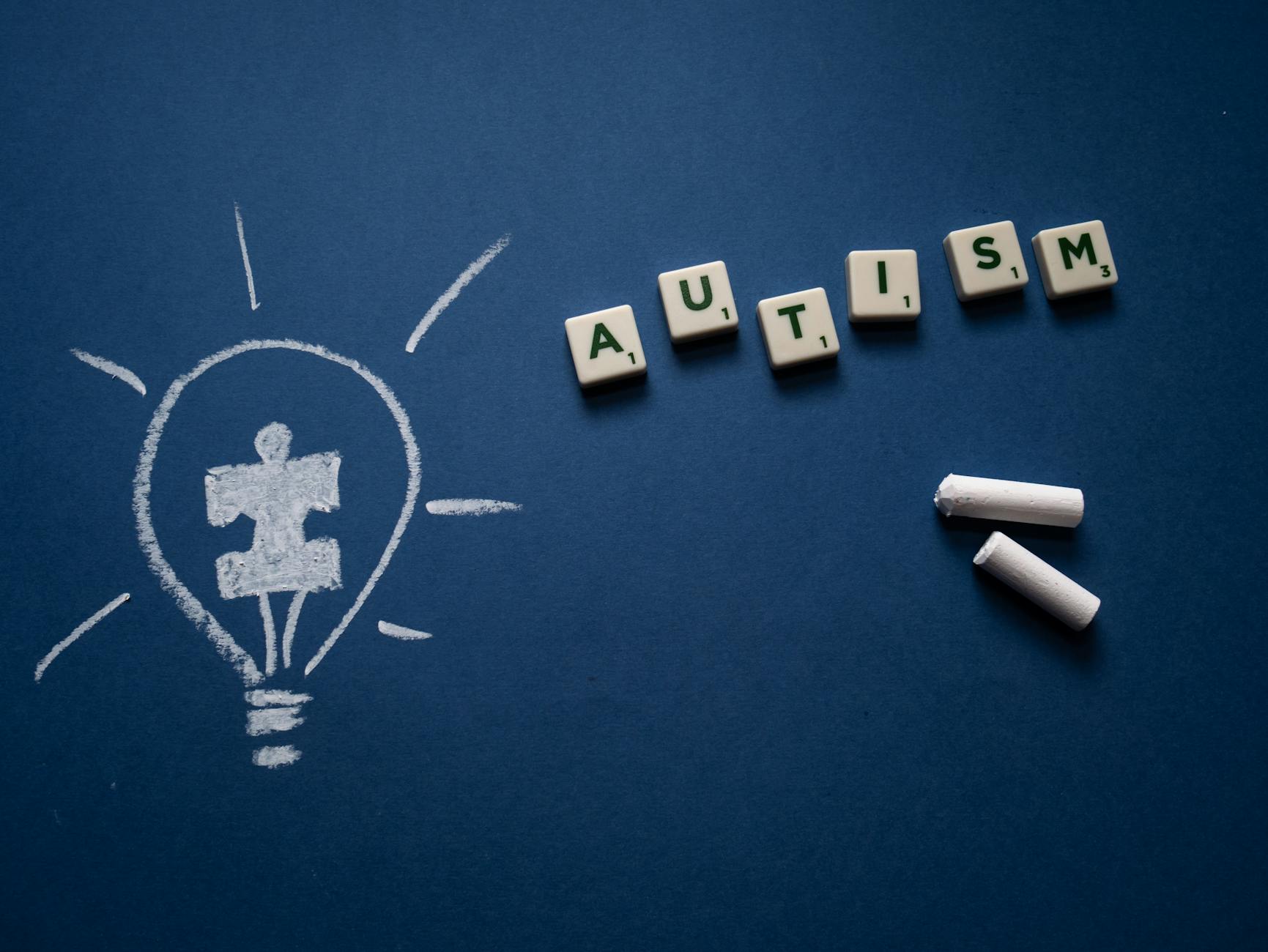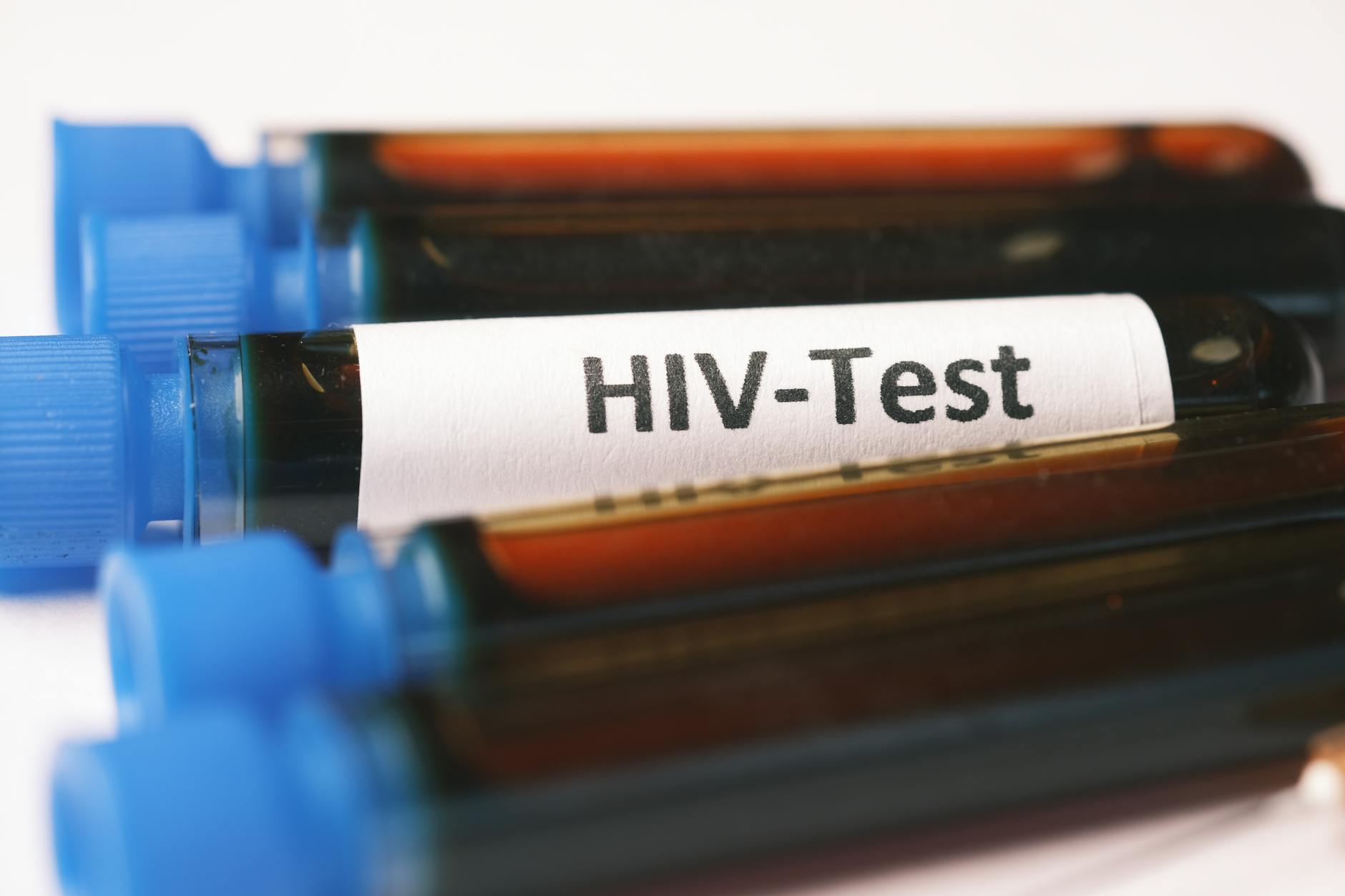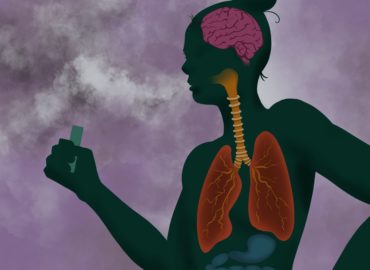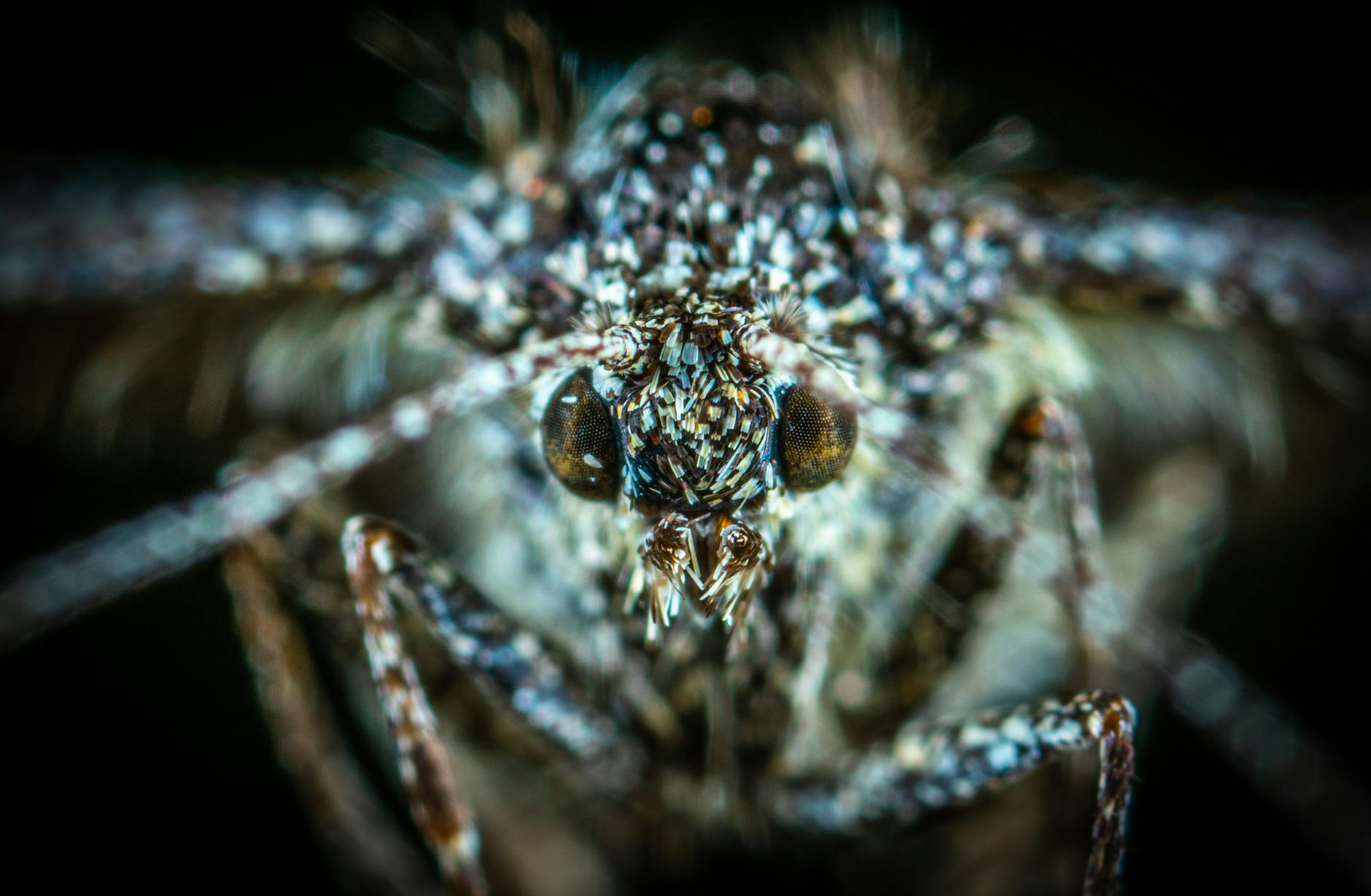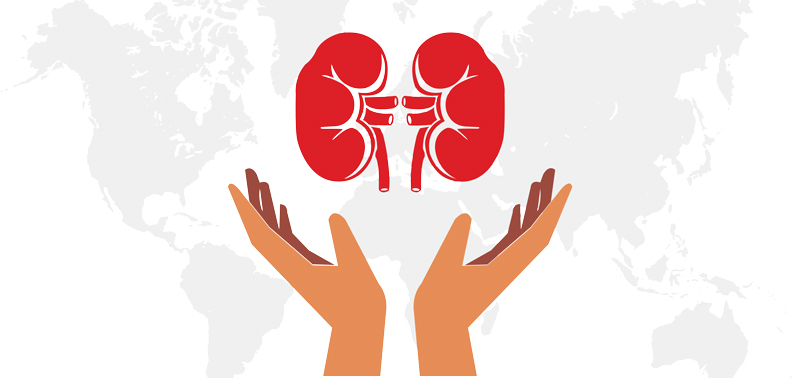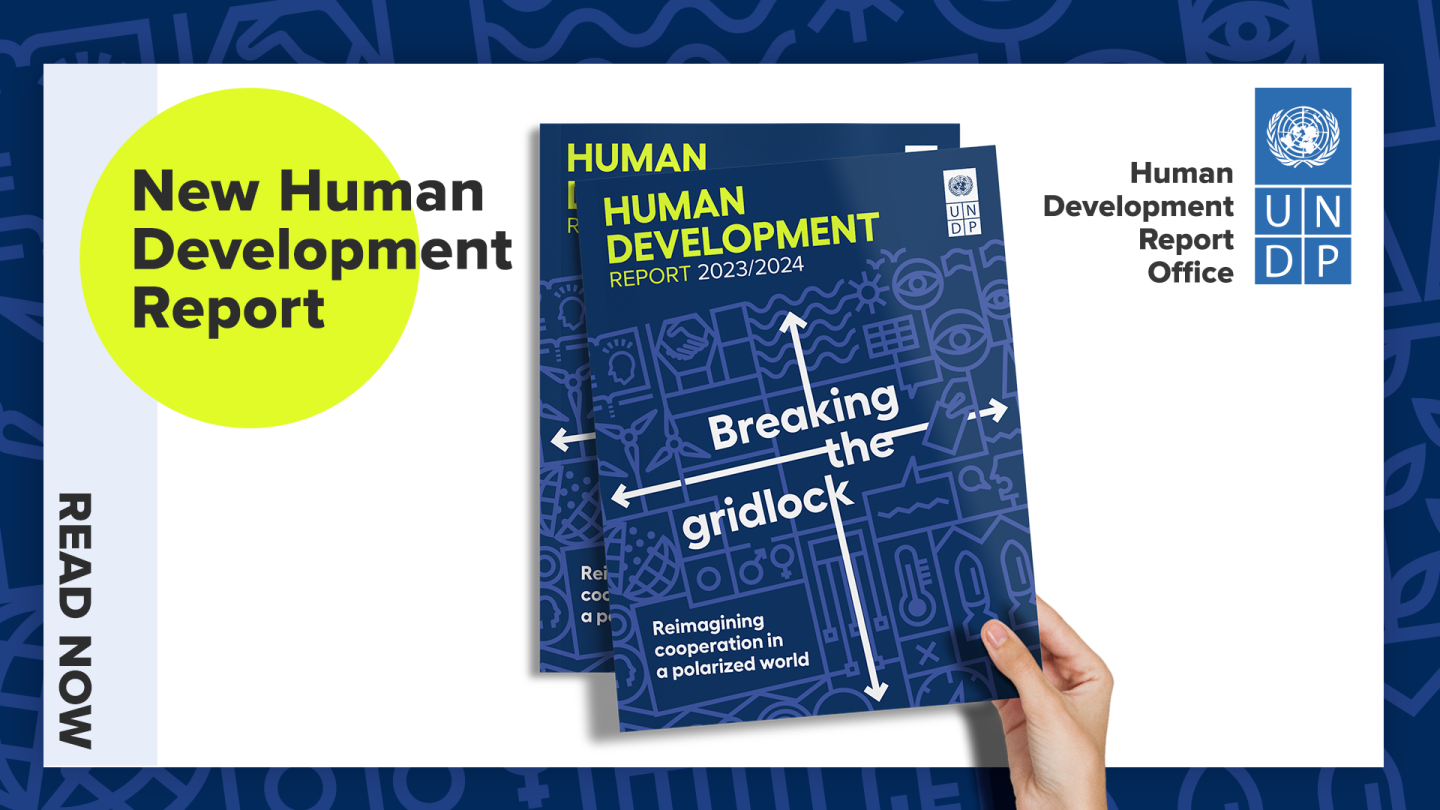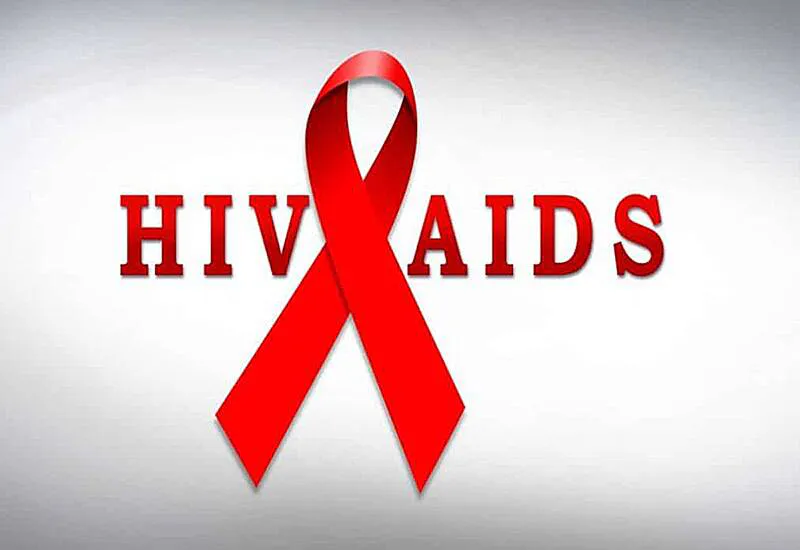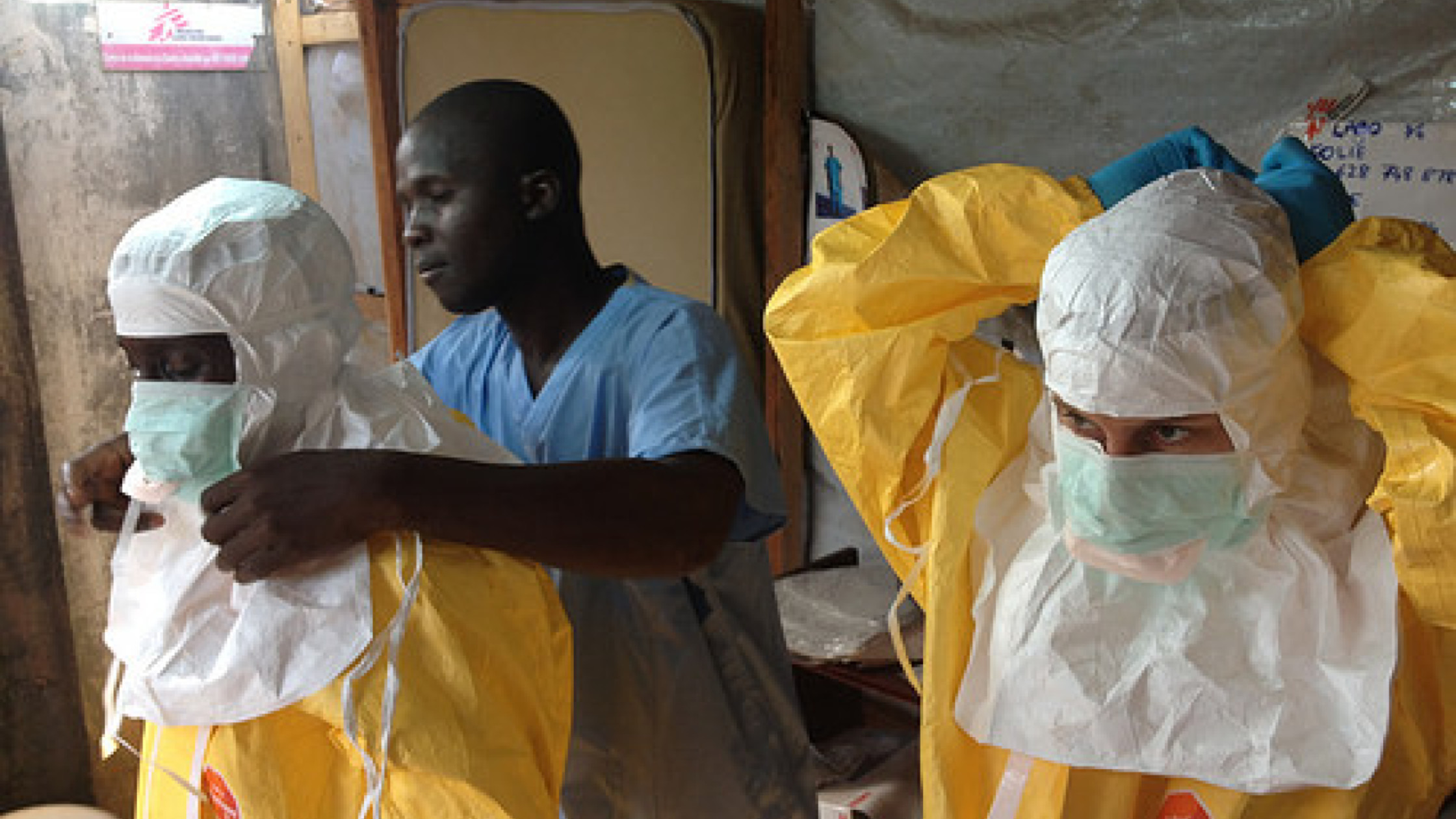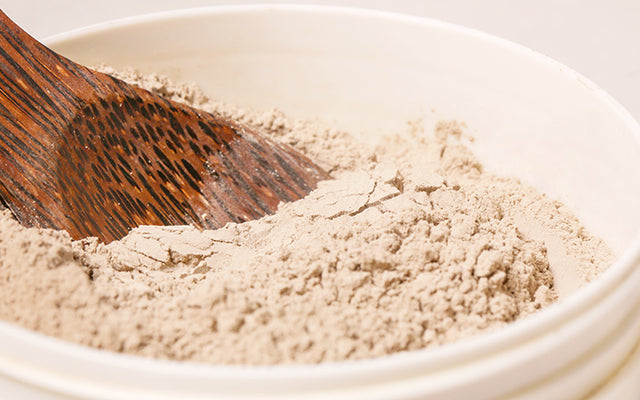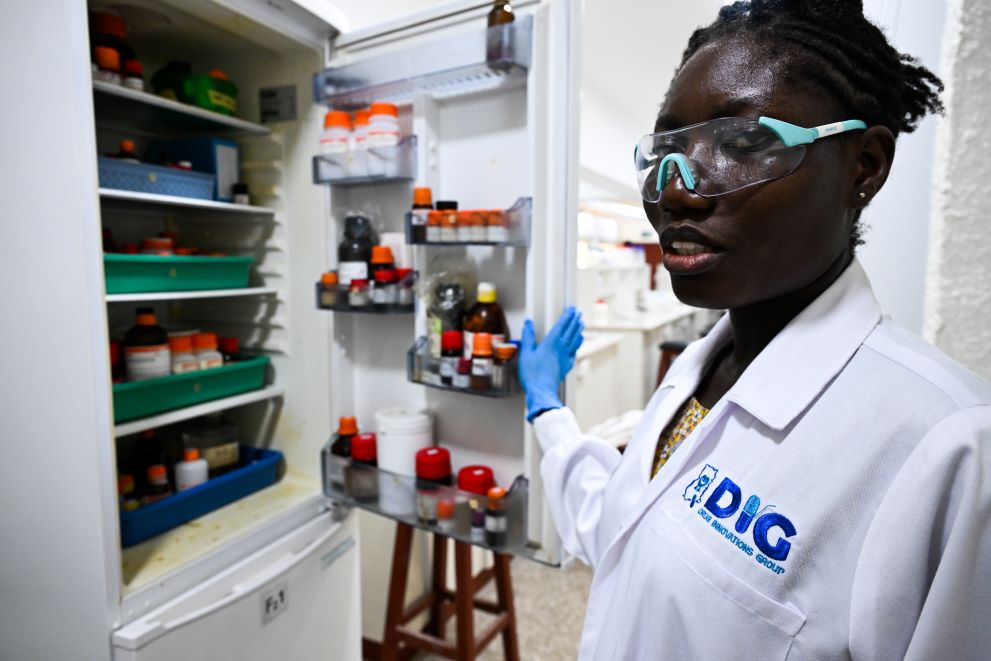
Renowned toxicologist, Mr. Yakubu Adams, has issued a strong warning about the alarming level of chemical exposure in Ghana, describing citizens as “walking experiments” whose long-term health outcomes remain uncertain.
He made the remarks on JoyNews on Thursday, November 20, 2025, where he served as the keynote speaker for a special discussion on Media and Food Security: Enhancing Public Awareness on Agrochemical Use in Ghana.
According to Mr. Adams, the increasing use, and misuse, of chemicals across the country has quietly placed millions of people at serious health risk. He cautioned that agrochemicals used on farms, substances applied to preserve fish and poultry, and even chemicals found in everyday household items are contributing to a dangerous buildup of toxins in the human body.
“We are a walking experiment, waiting for the outcome of what we have been consuming,” he stated. “From the chemicals used in fishing to the substances applied to keep chicken fresh, all these practices are slowly poisoning us.”
Mr. Adams clarified that pesticides and insecticides are not inherently harmful when used responsibly. However, their excessive and unregulated application has become a ticking time bomb for public health and food safety.
He cited examples of dangerous chemicals historically used in agriculture such as DDT, Aldrin, Chlordane, and Lindane, noting that many of these were initially promoted as safe but were later discovered to be carcinogenic or environmentally destructive.
“When DDT was first manufactured, it was hailed as a miracle substance. Later, we found out it causes cancer. Today, many of the chemicals in our markets have not been fully investigated. By the time we discover the danger, the damage may already be irreversible,” he cautioned.
Beyond food production, he drew attention to the chemicals leaching from common household items, especially non-stick cookware, which he described as “chemically dangerous” when degraded or overheated.
“Our foods, our pans, the water we drink, they are all filled with chemicals. Humans are consuming a cocktail of substances every day, and that is extremely dangerous,” he said.
Mr. Adams stressed that illegal mining (galamsey) compounds the problem, polluting soil and water bodies with heavy metals like mercury and lead. This contamination, he said, links directly to the broader chemical crisis facing the country.
He commended state agencies such as the EPA, FDA, and Ghana Standards Authority for having strong regulatory frameworks on paper. However, he lamented that enforcement remains weak due to inadequate personnel, logistical constraints, and systemic loopholes.
He noted that not all ingredients used in manufacturing agrochemicals are listed on product labels, a practice allowed by international law. This makes it even more critical for Ghanaian regulators to intensify investigations before products enter the local market.
“It is the work of government agencies to up their game and verify what exactly is in these chemicals before they are approved,” he emphasized.
Mr. Adams called for a holistic national strategy to combat the growing chemical threat, warning that the consequences are transgenerational.
“We cannot pretend this issue does not exist. Even if you escape the immediate effects, the diseases caused by chemical exposure can affect generations after you. So we all have to be involved in solving this canker,” he urged.
Discover more from Hot Stories Ghana
Subscribe to get the latest posts sent to your email.

